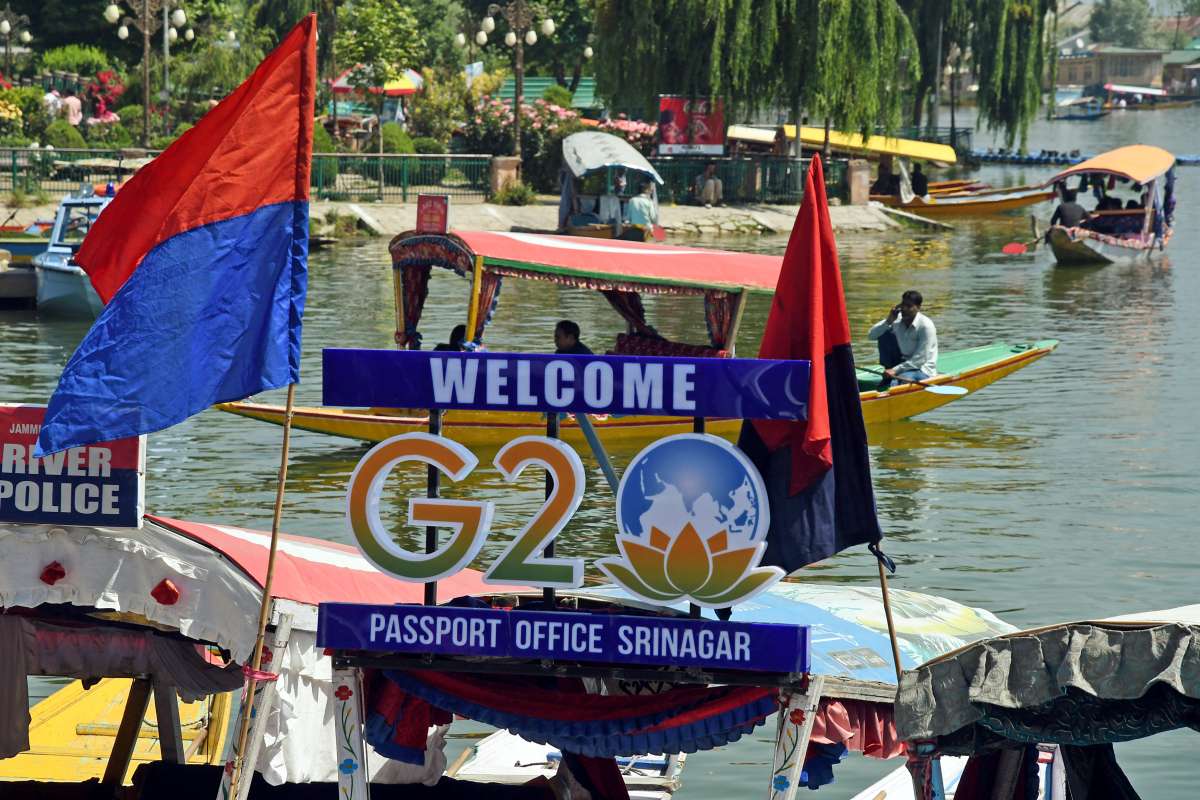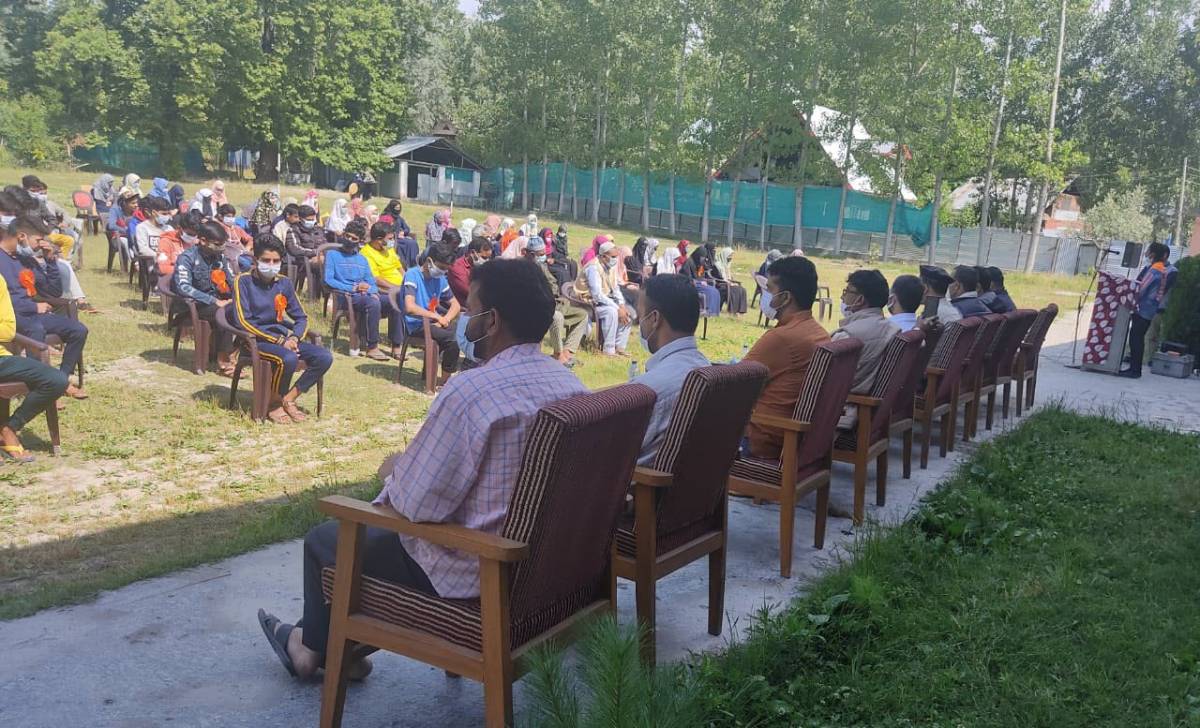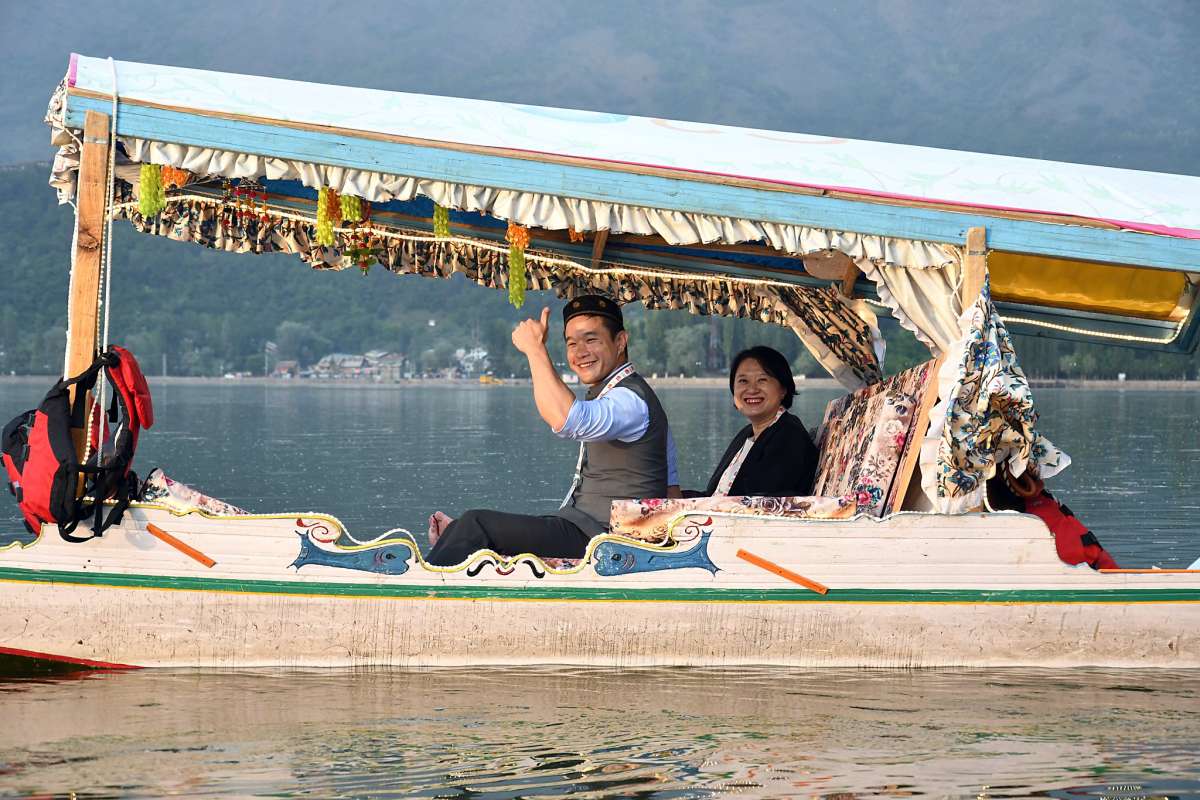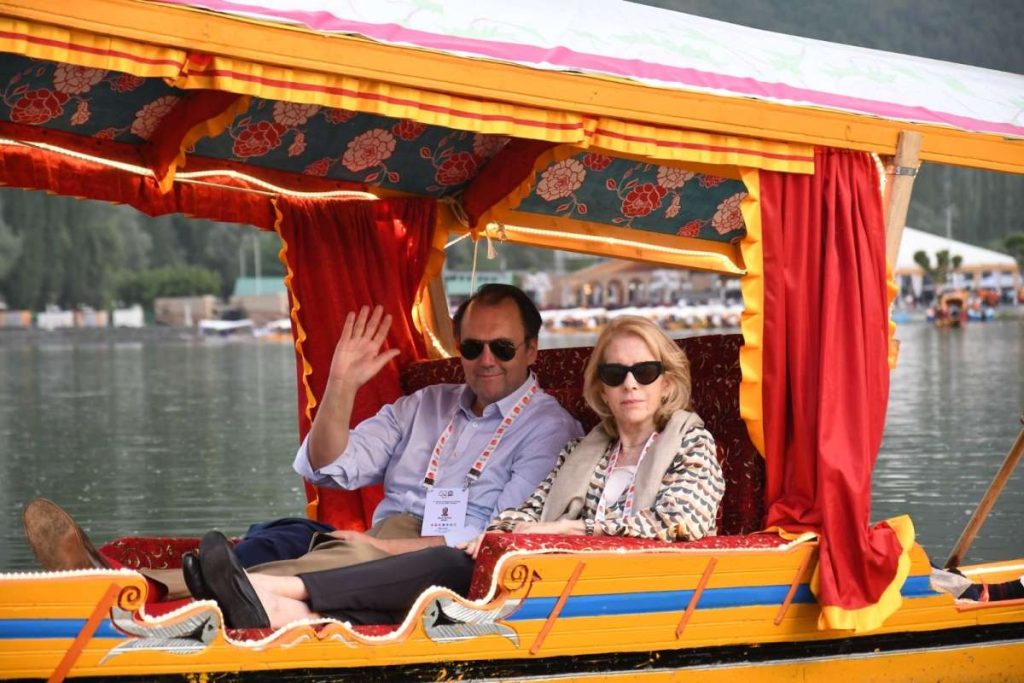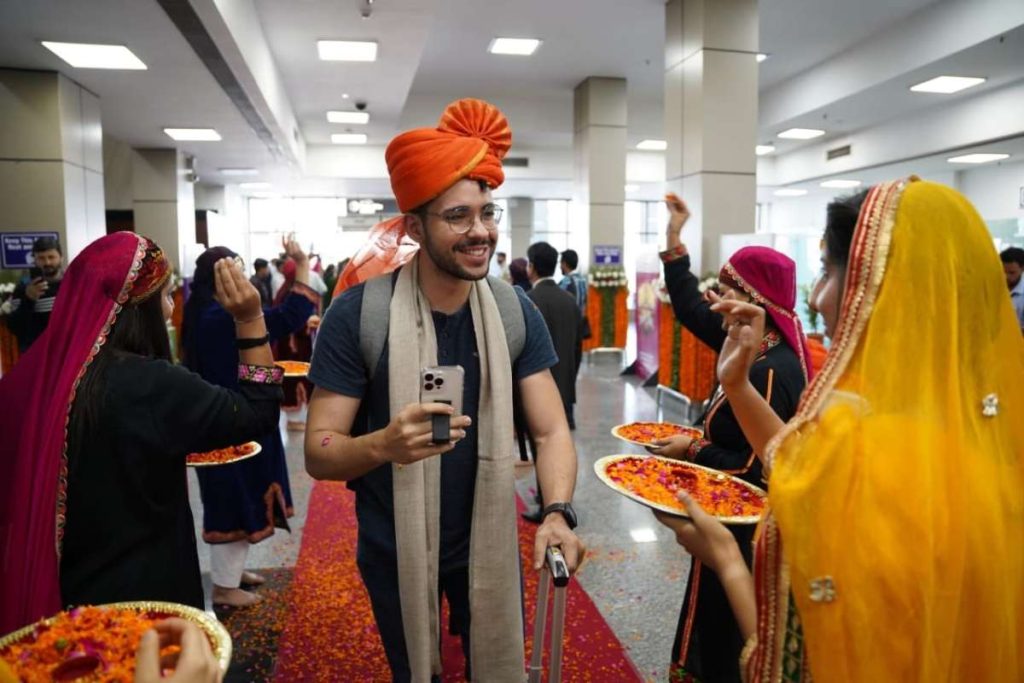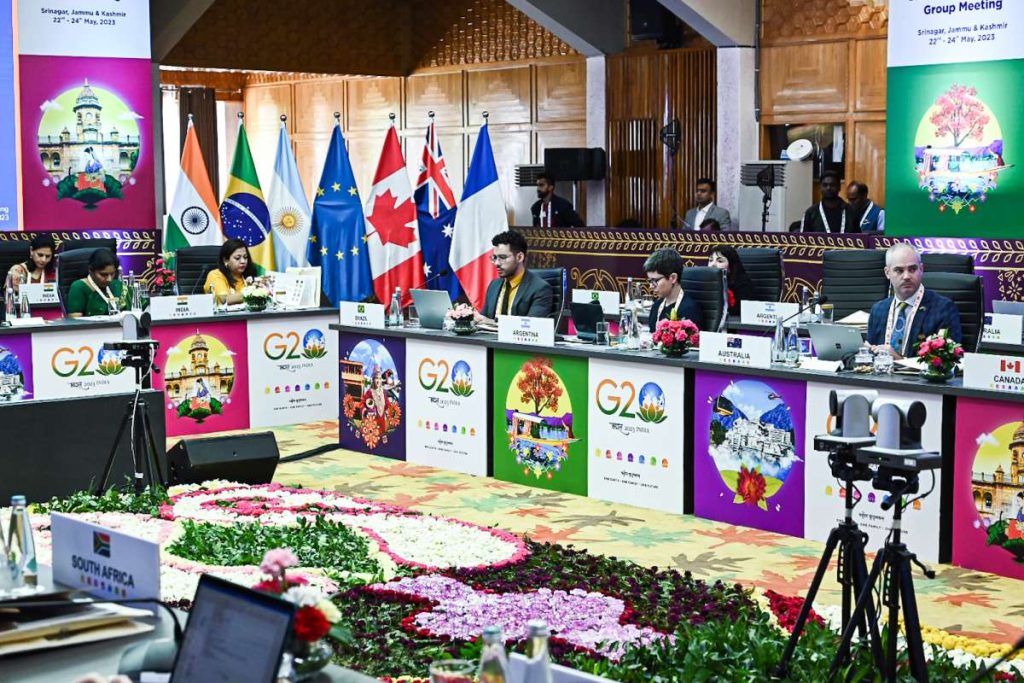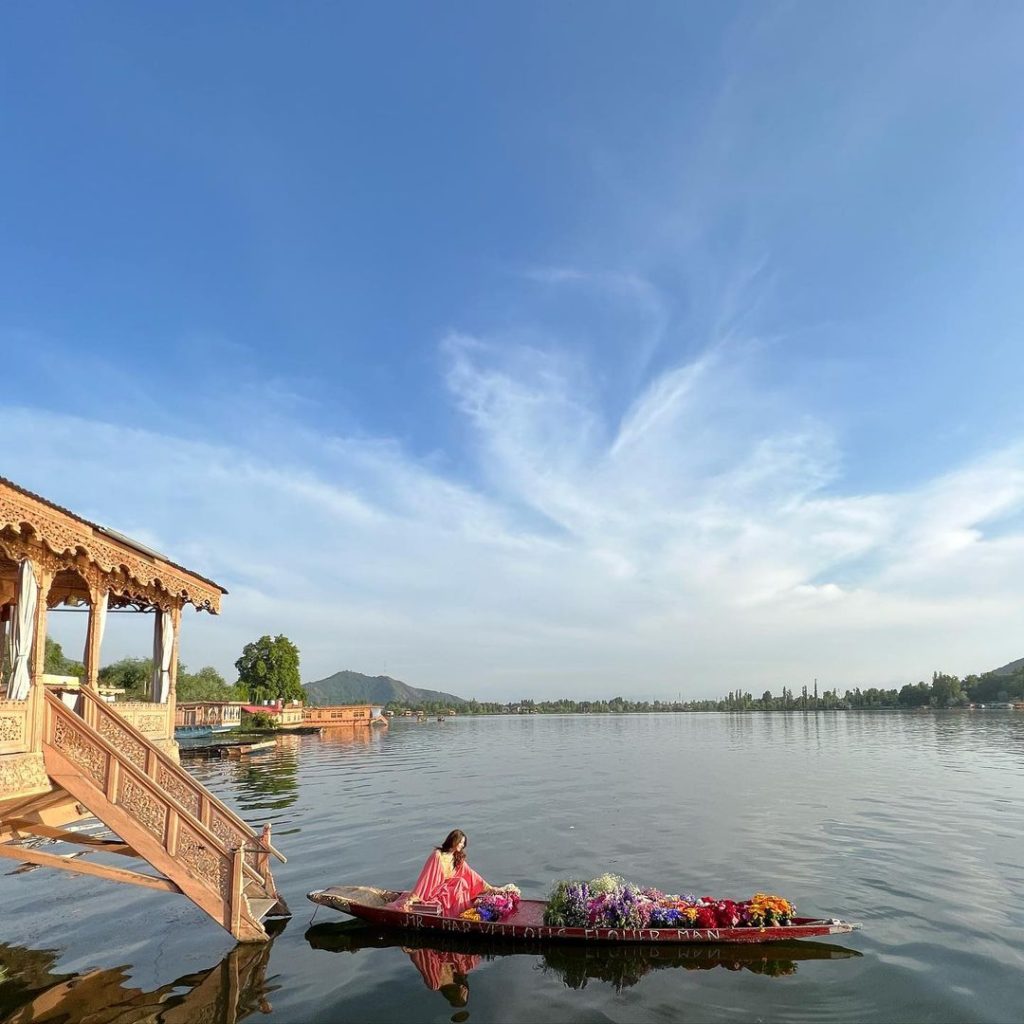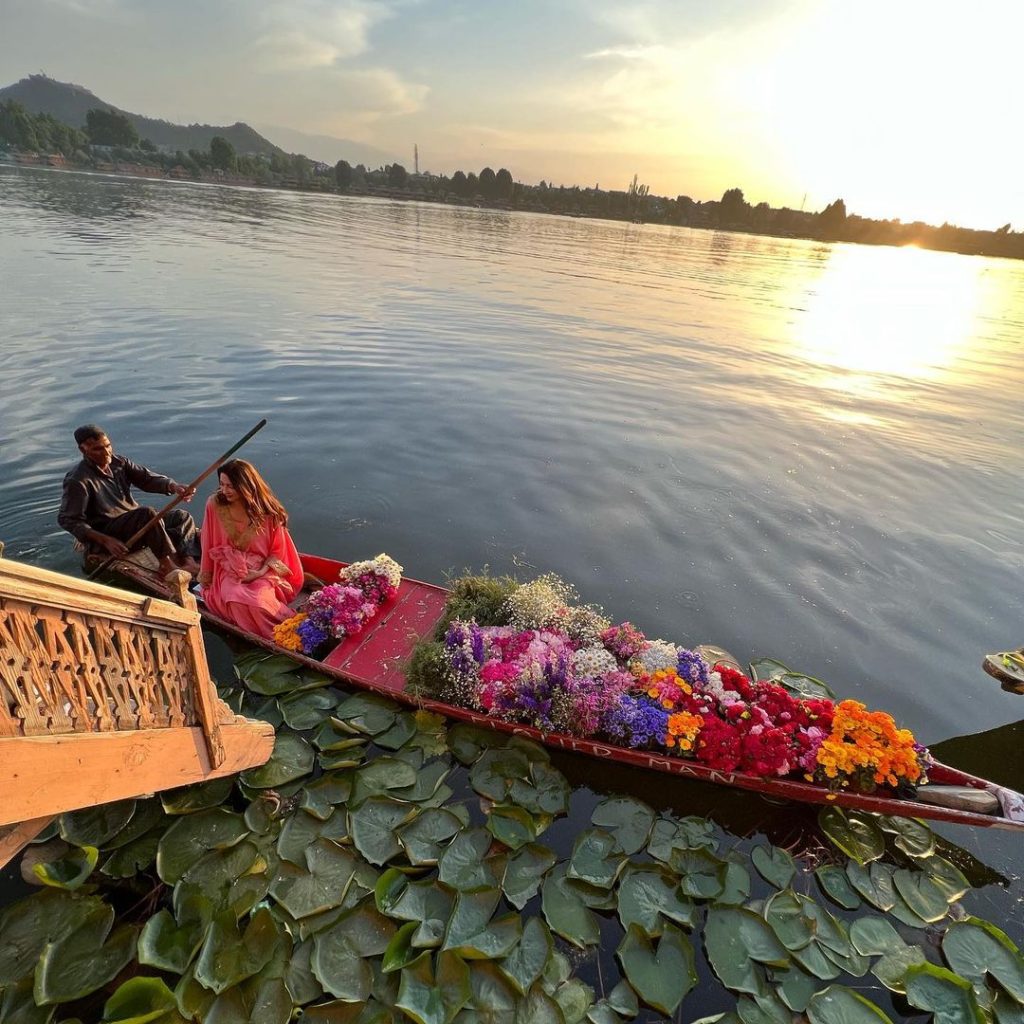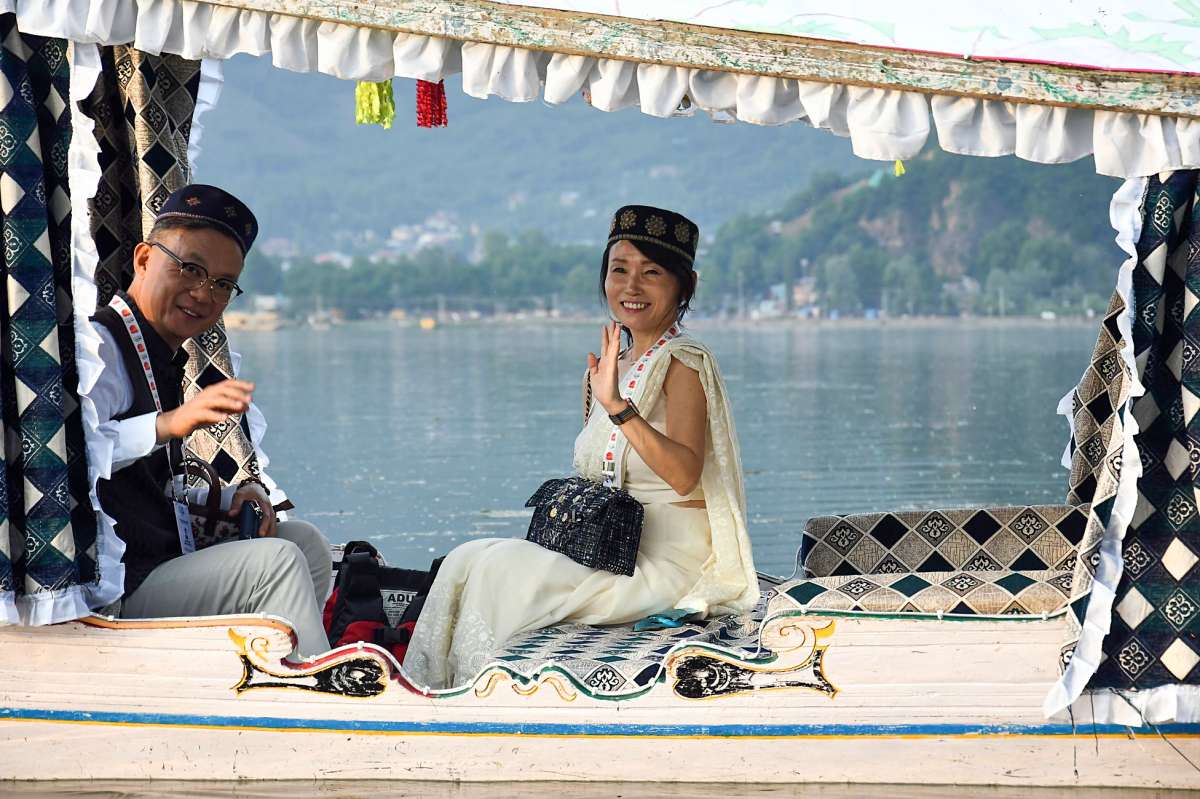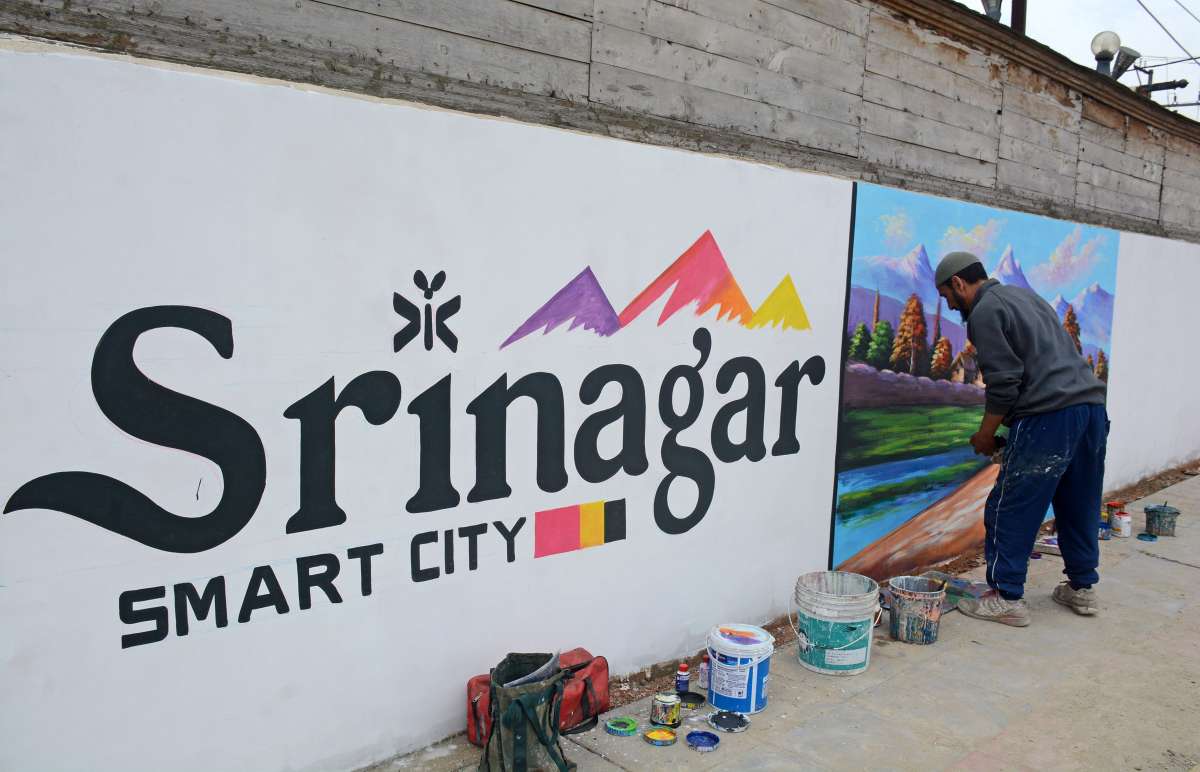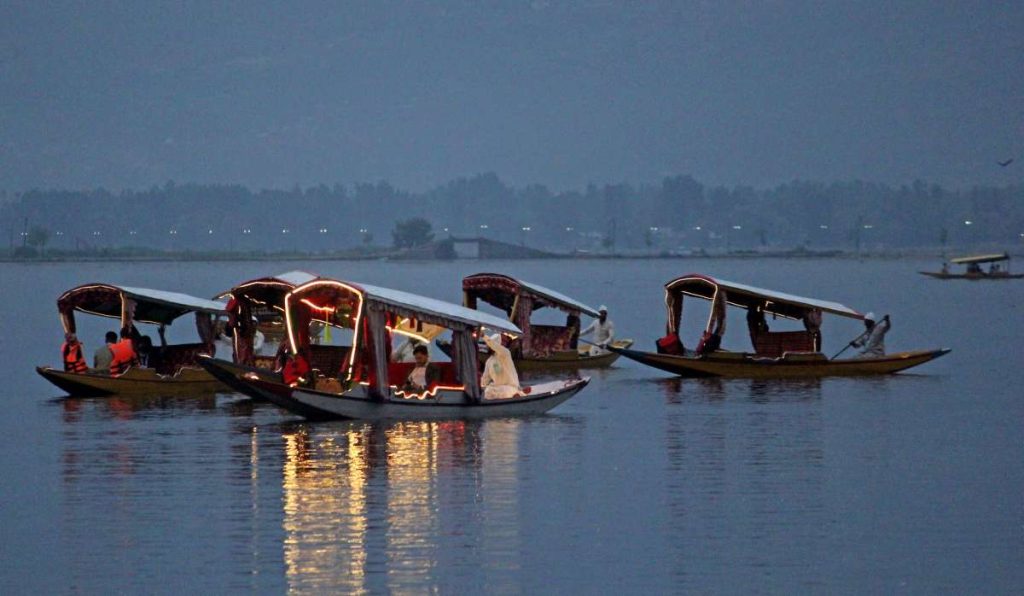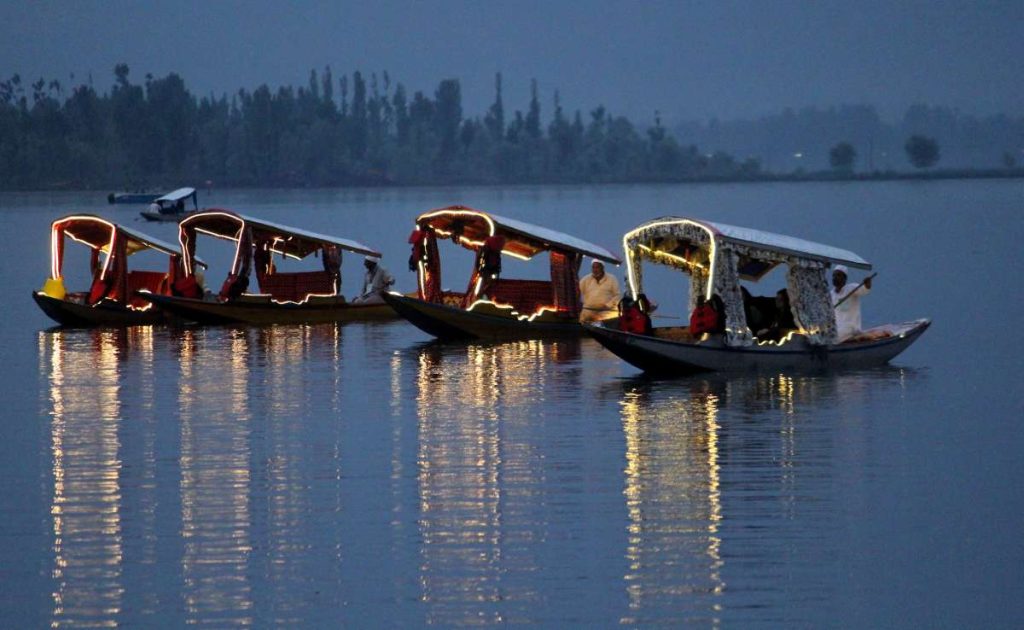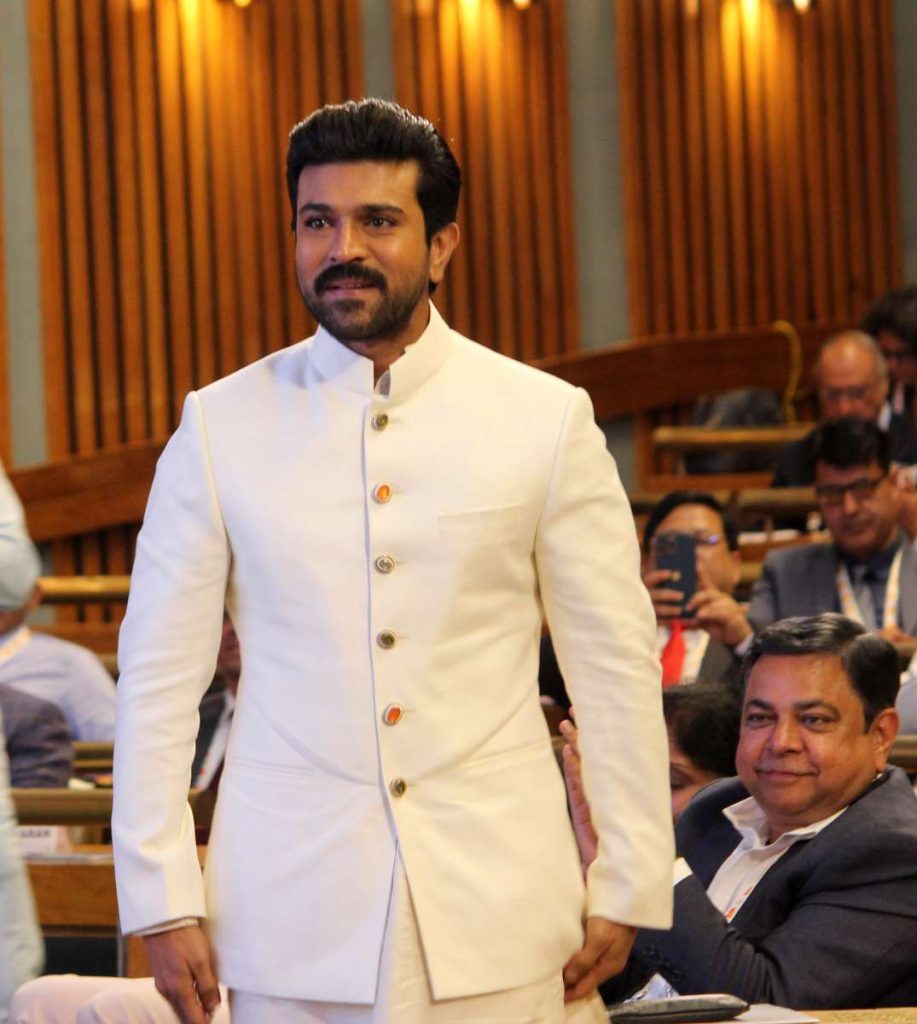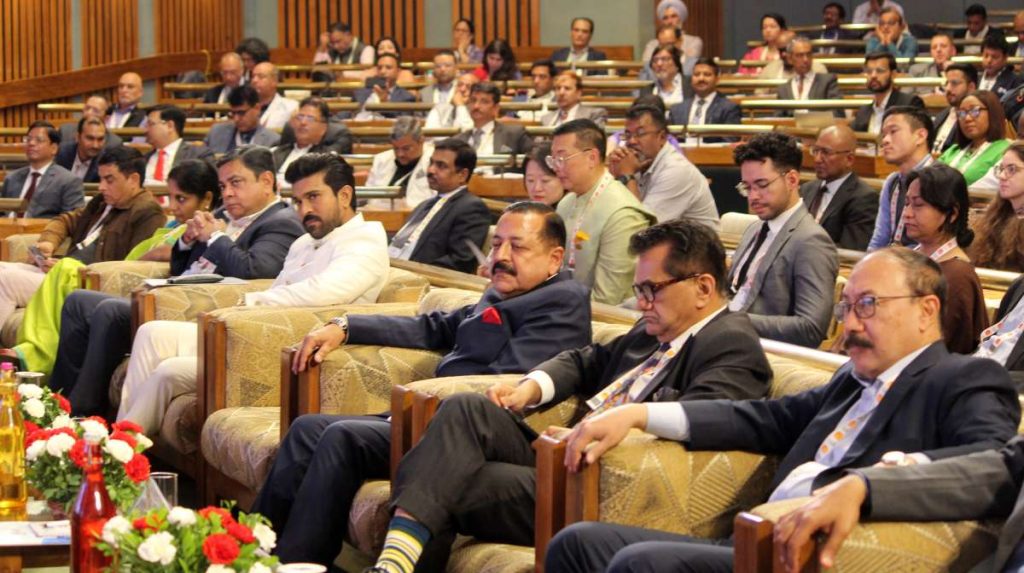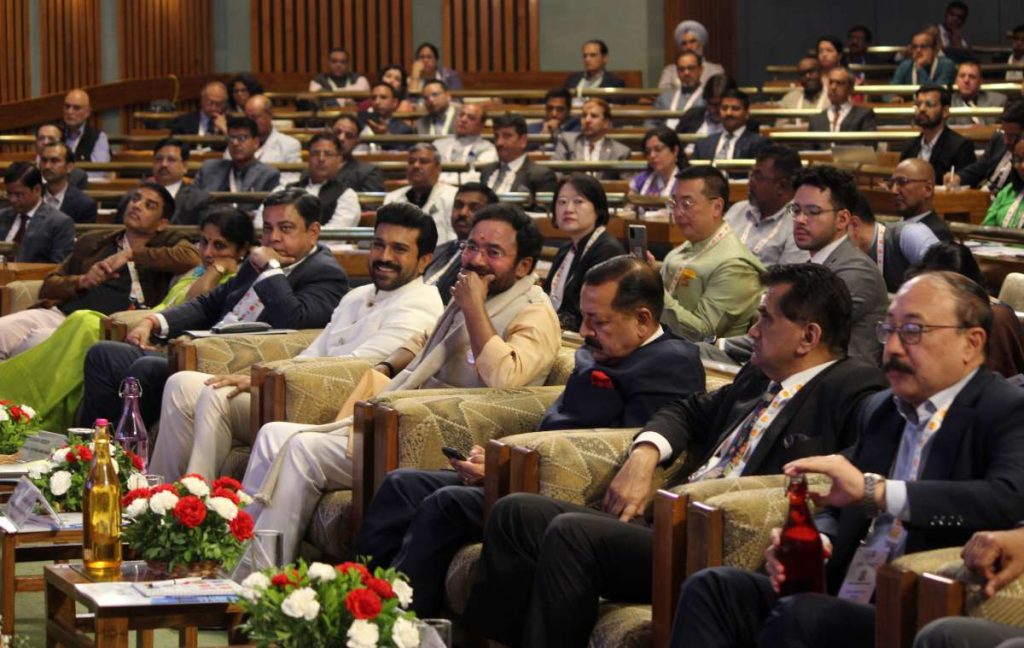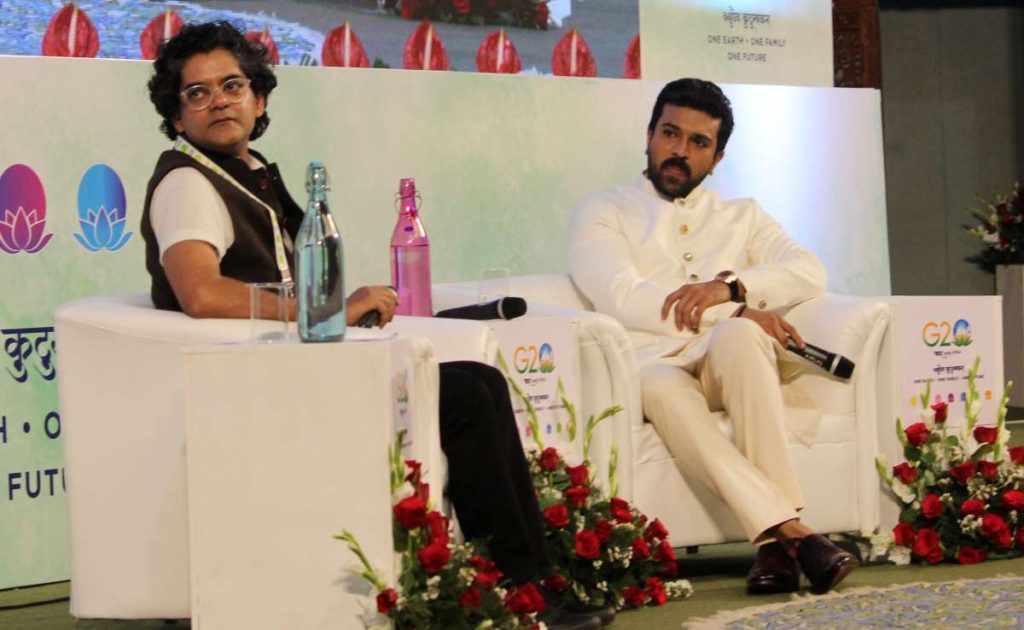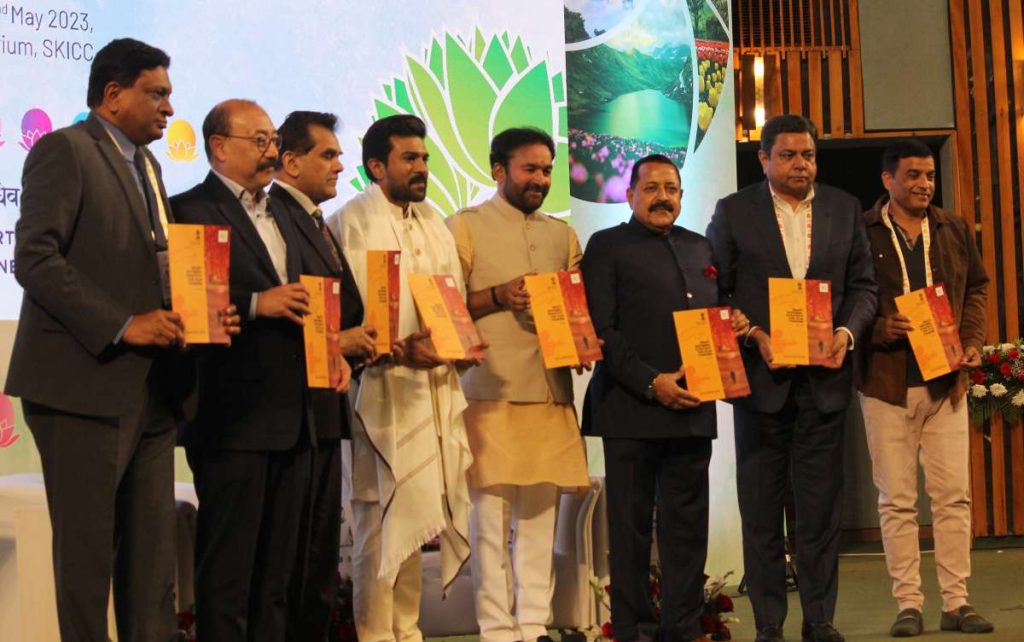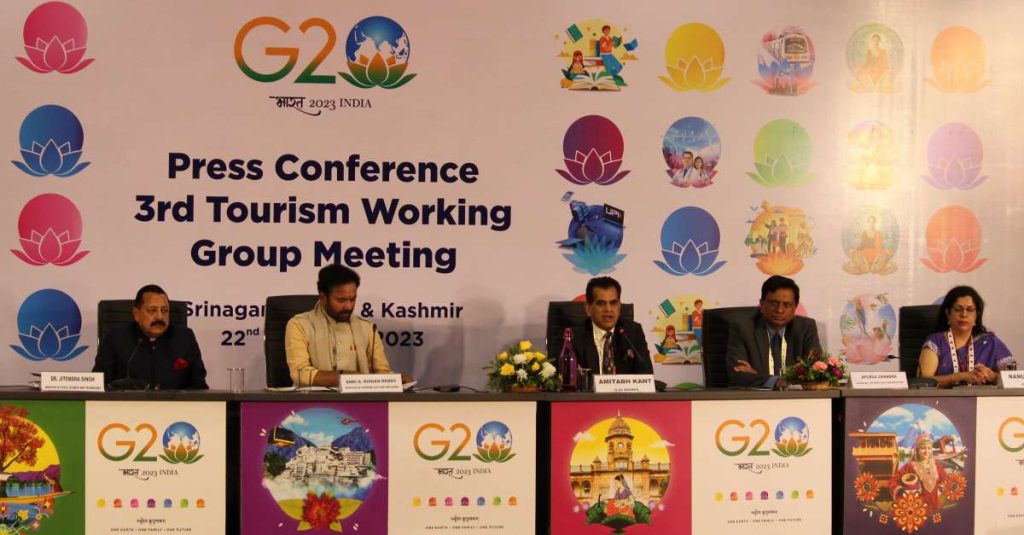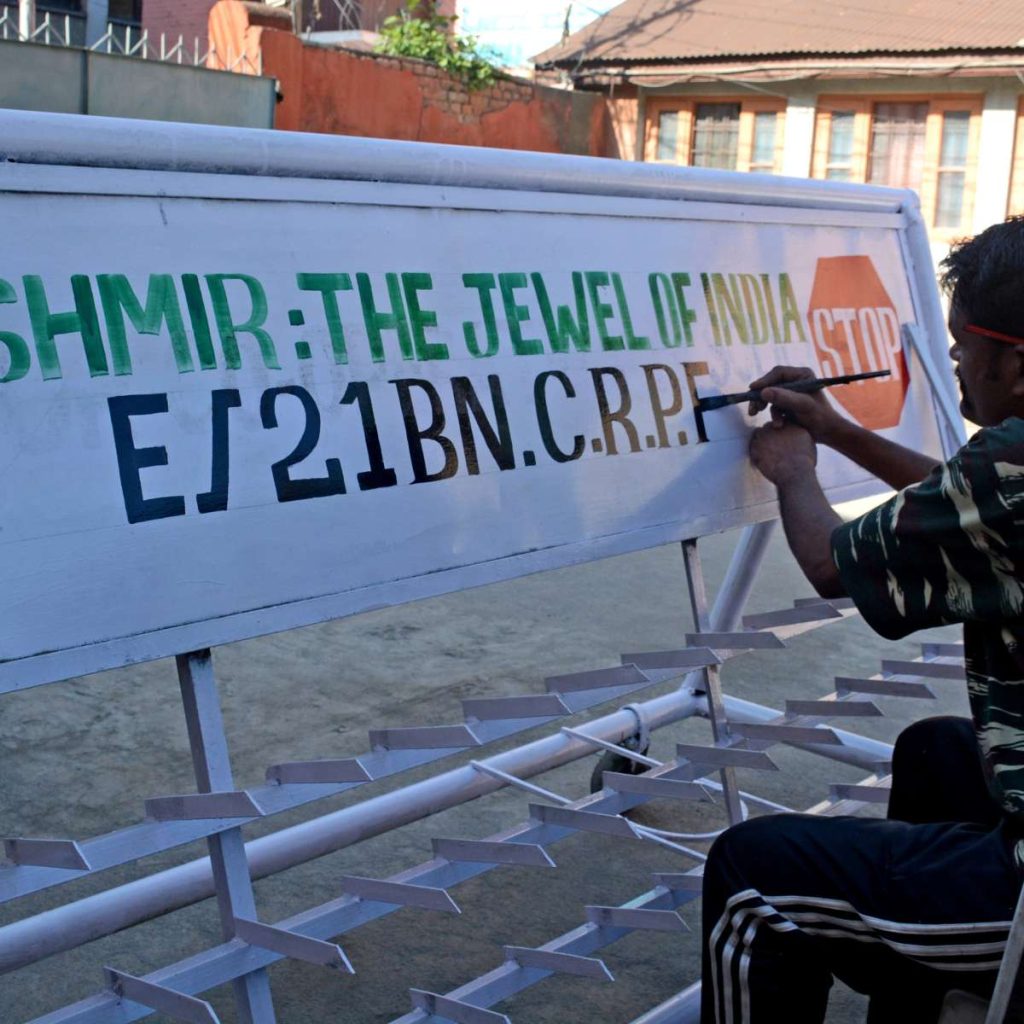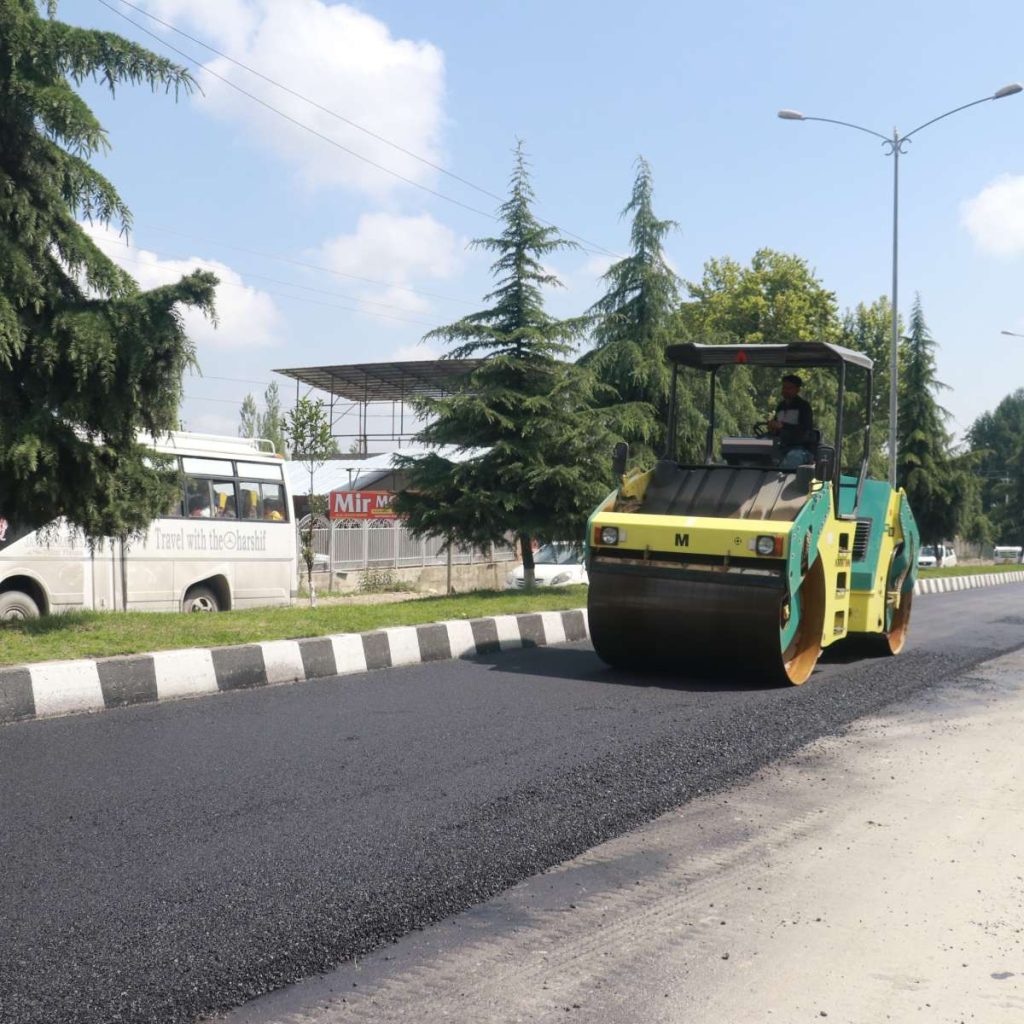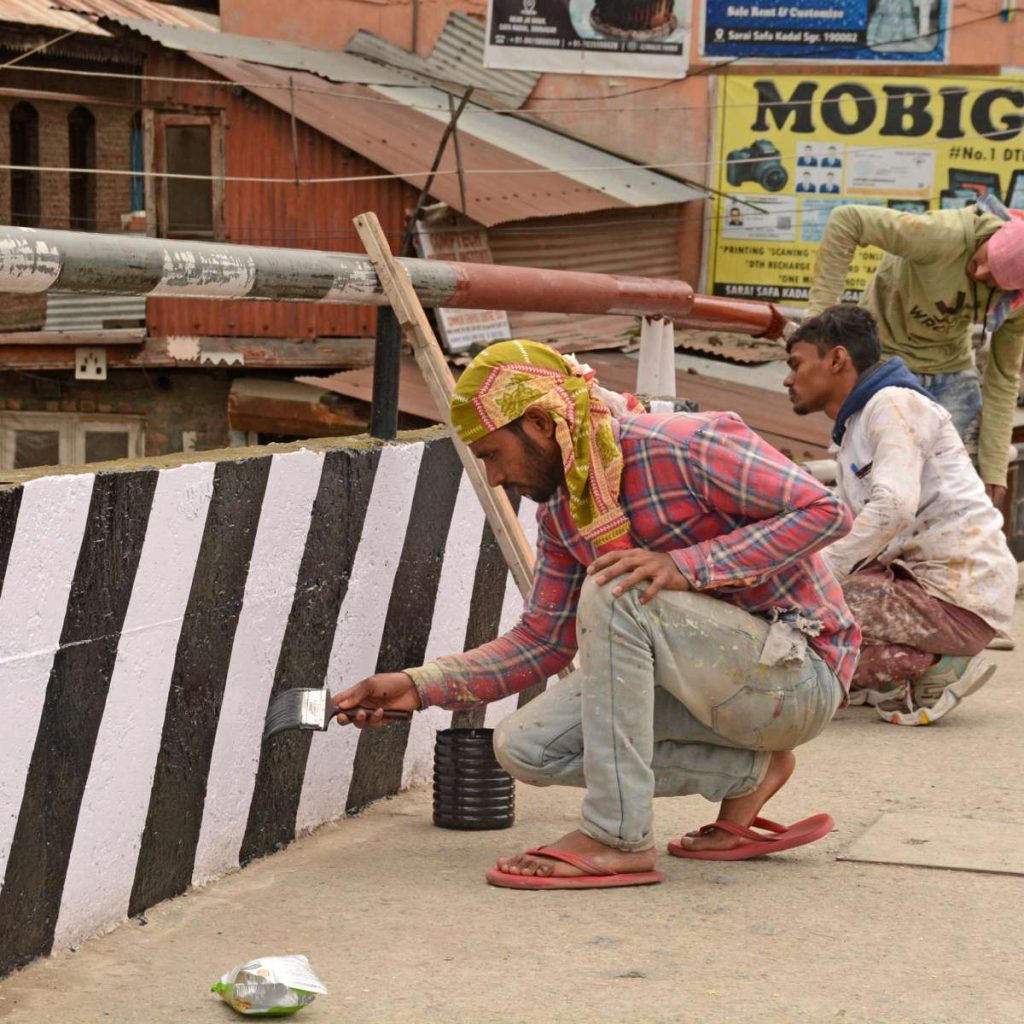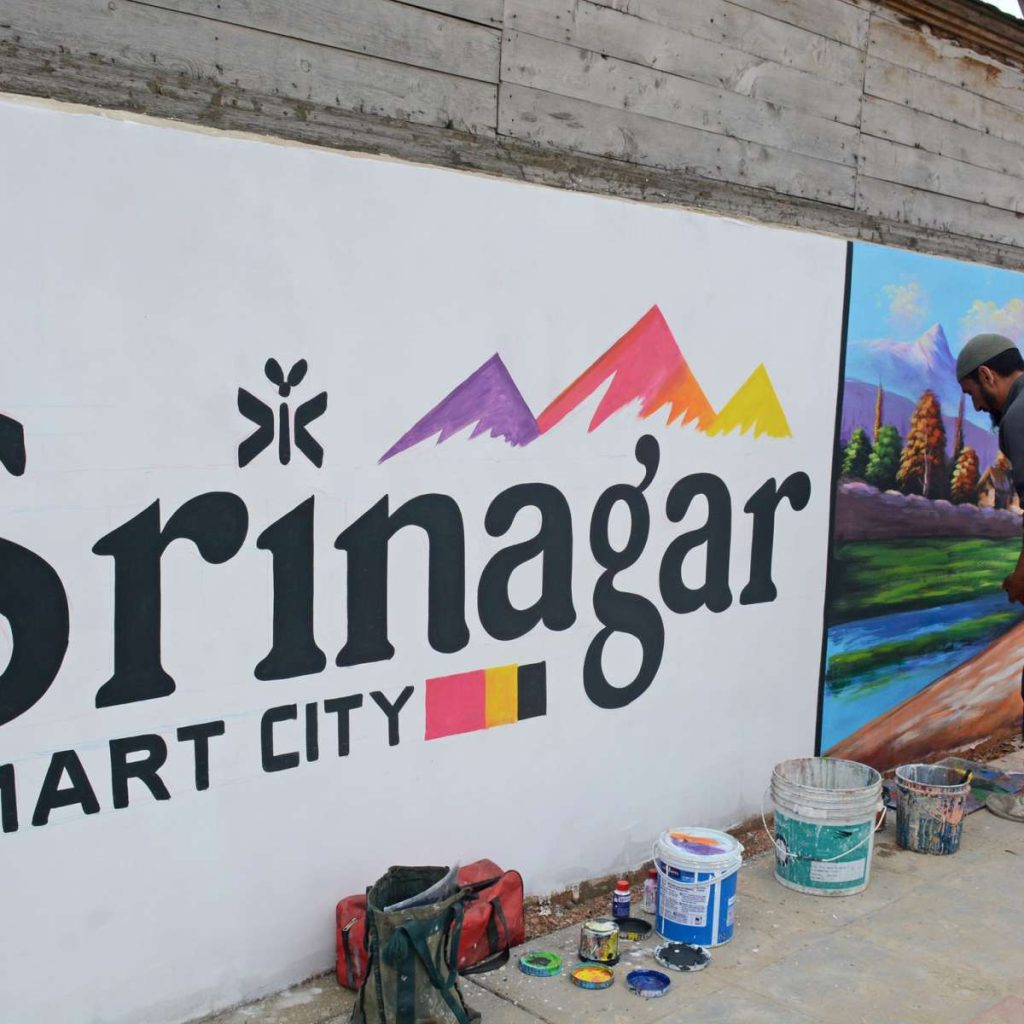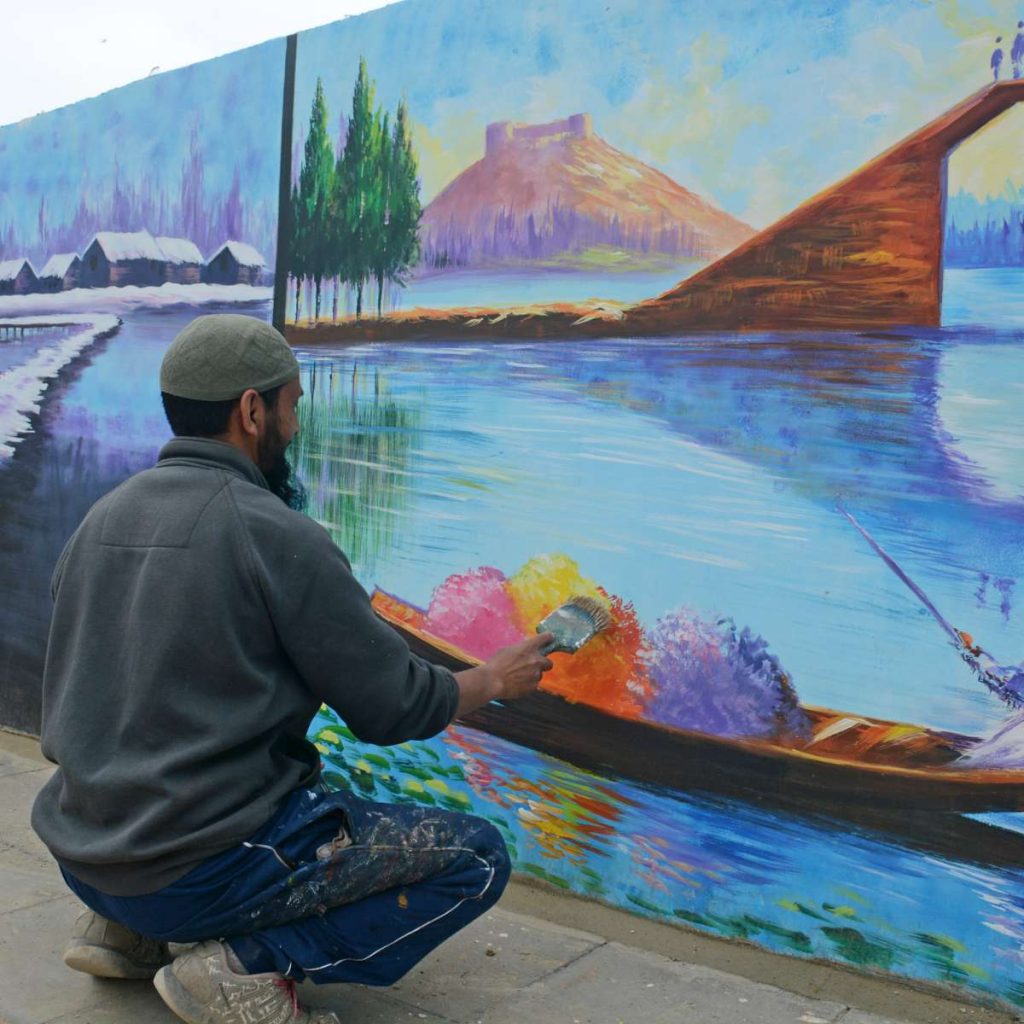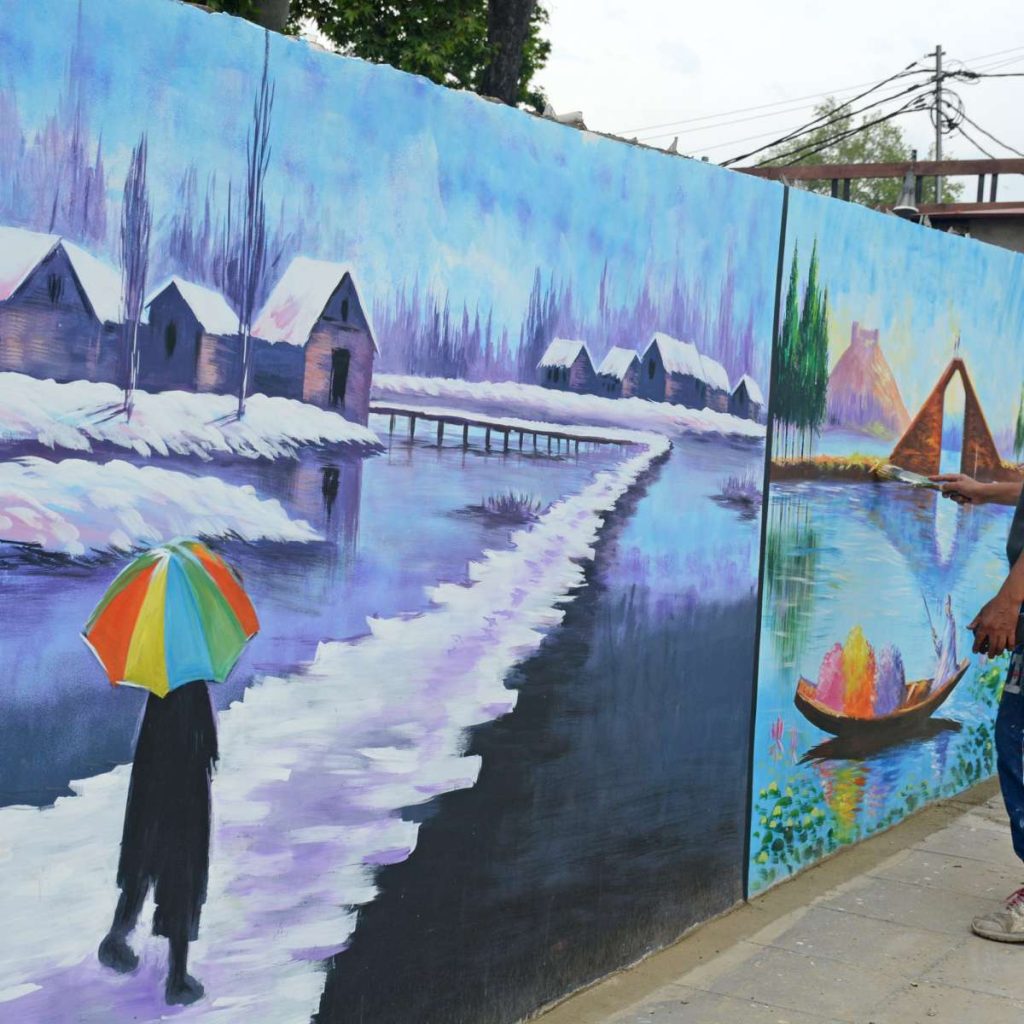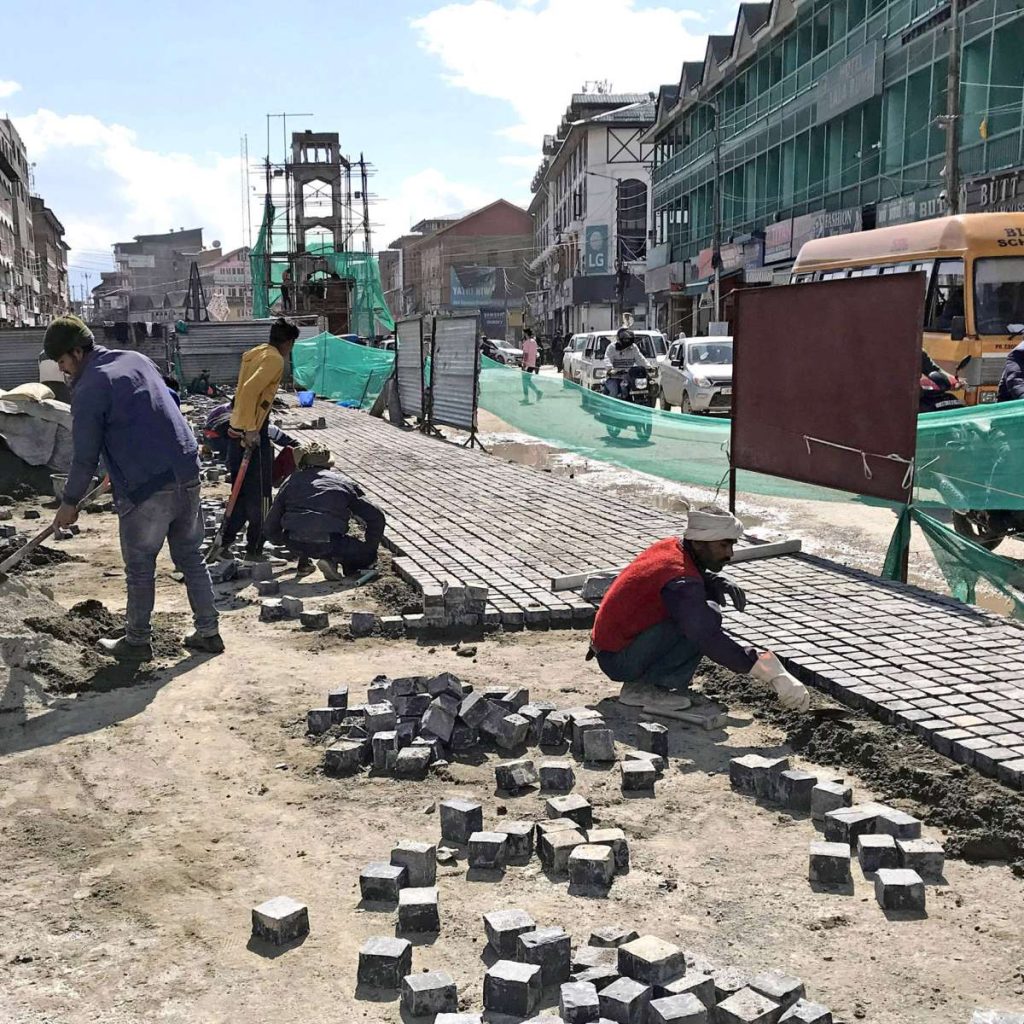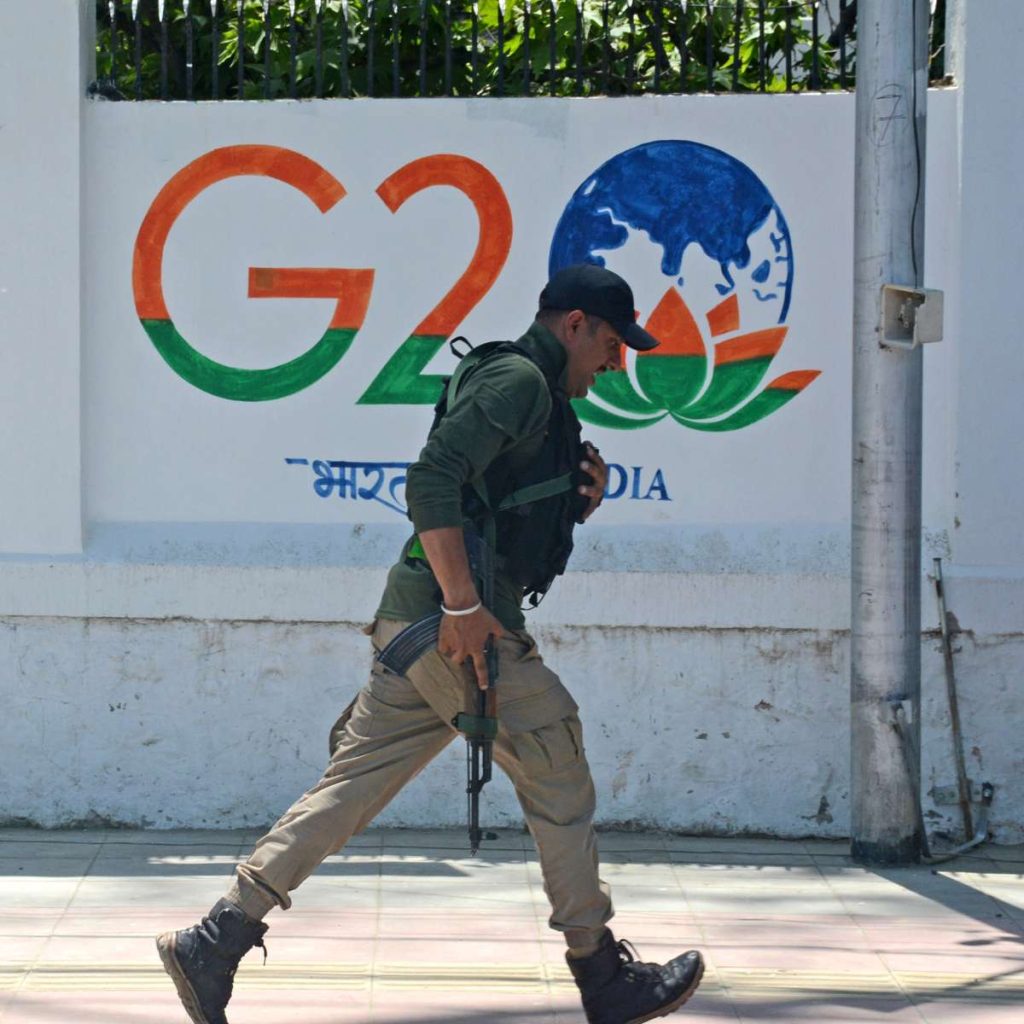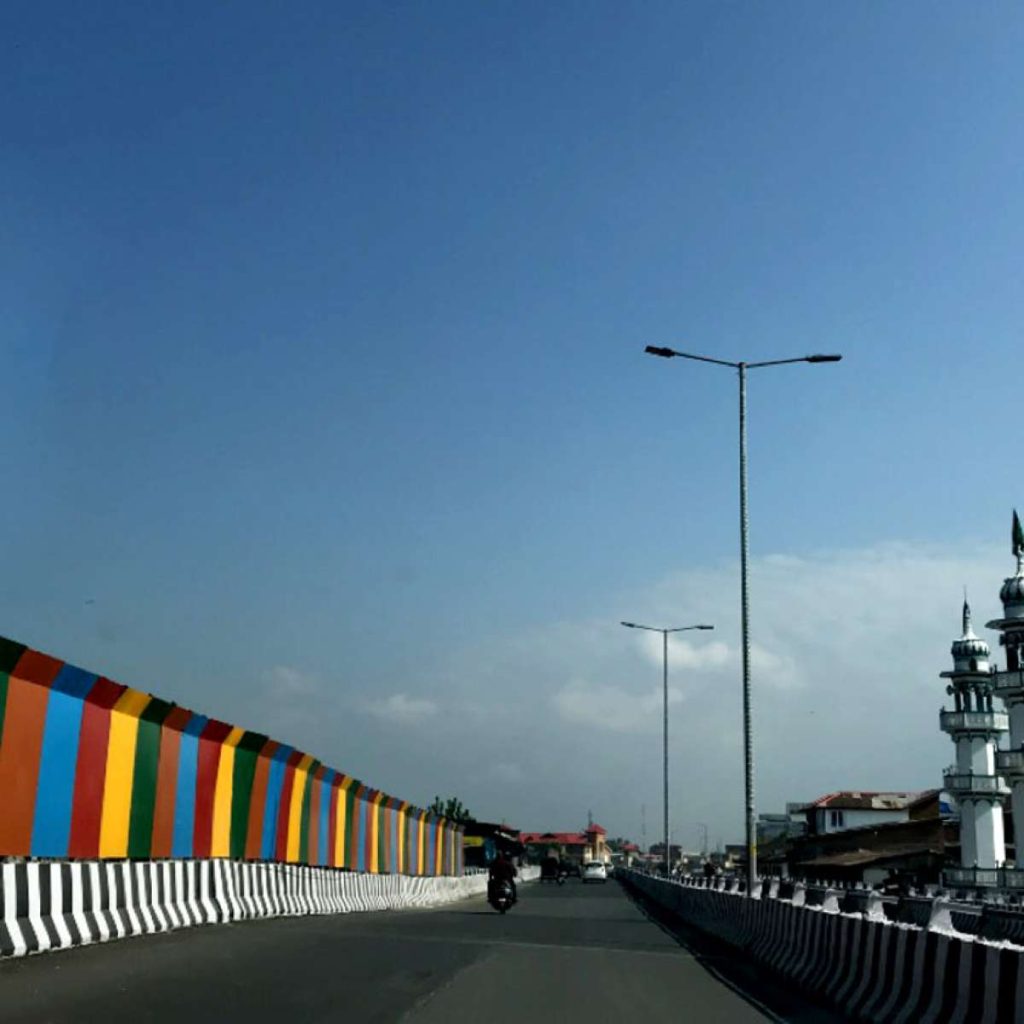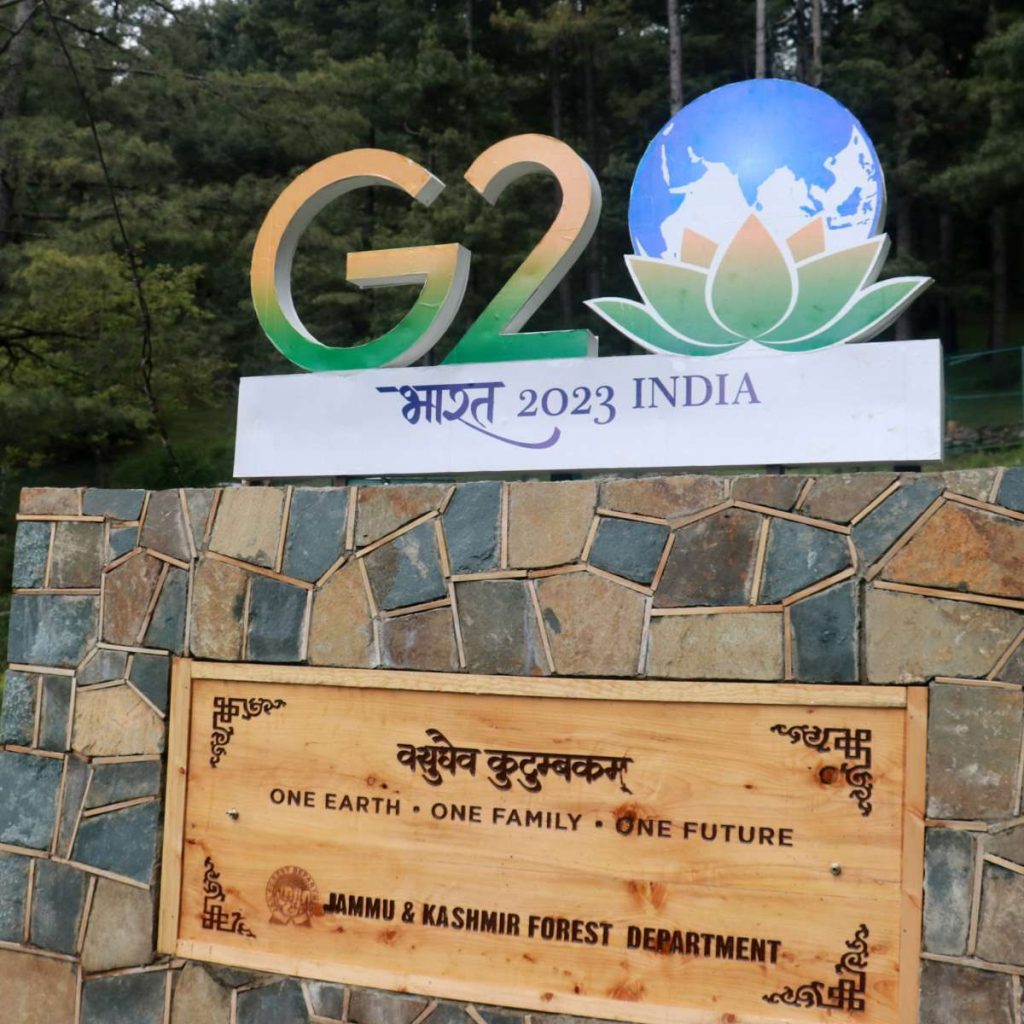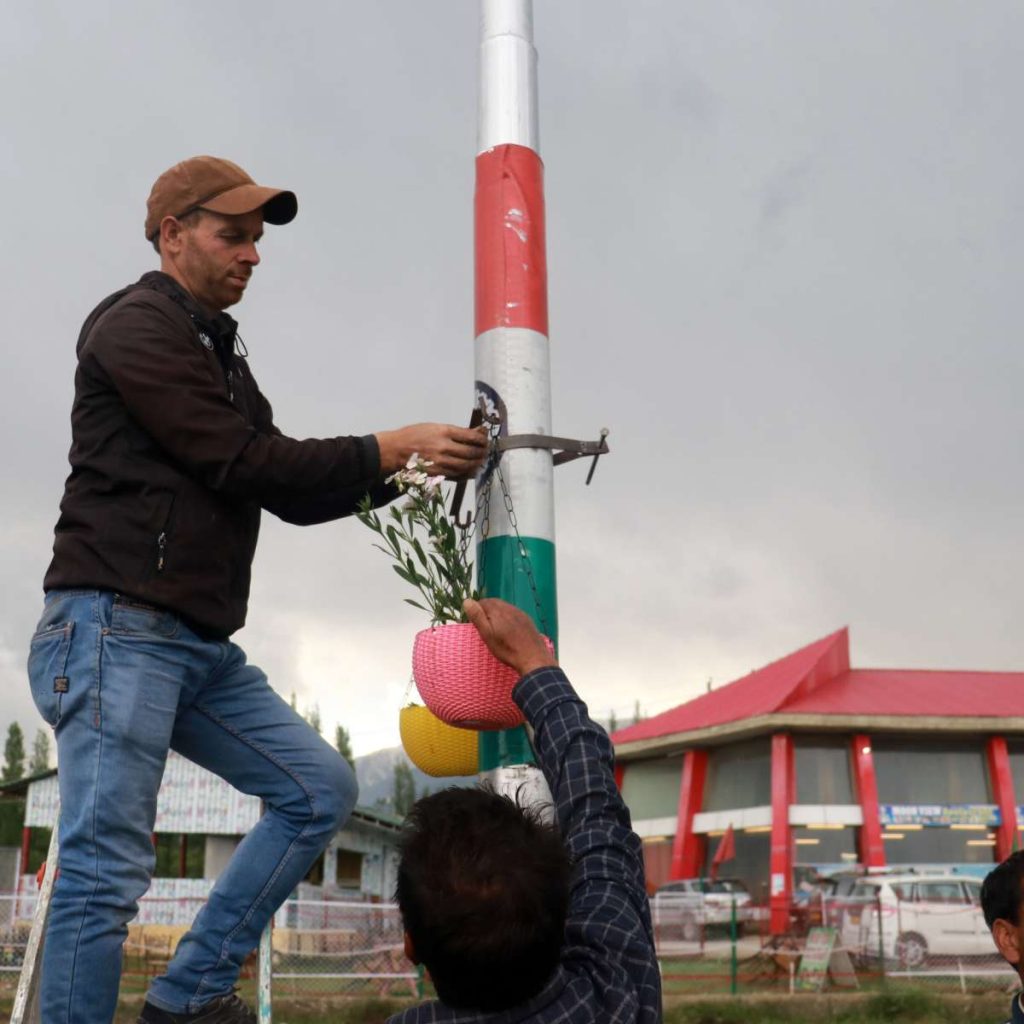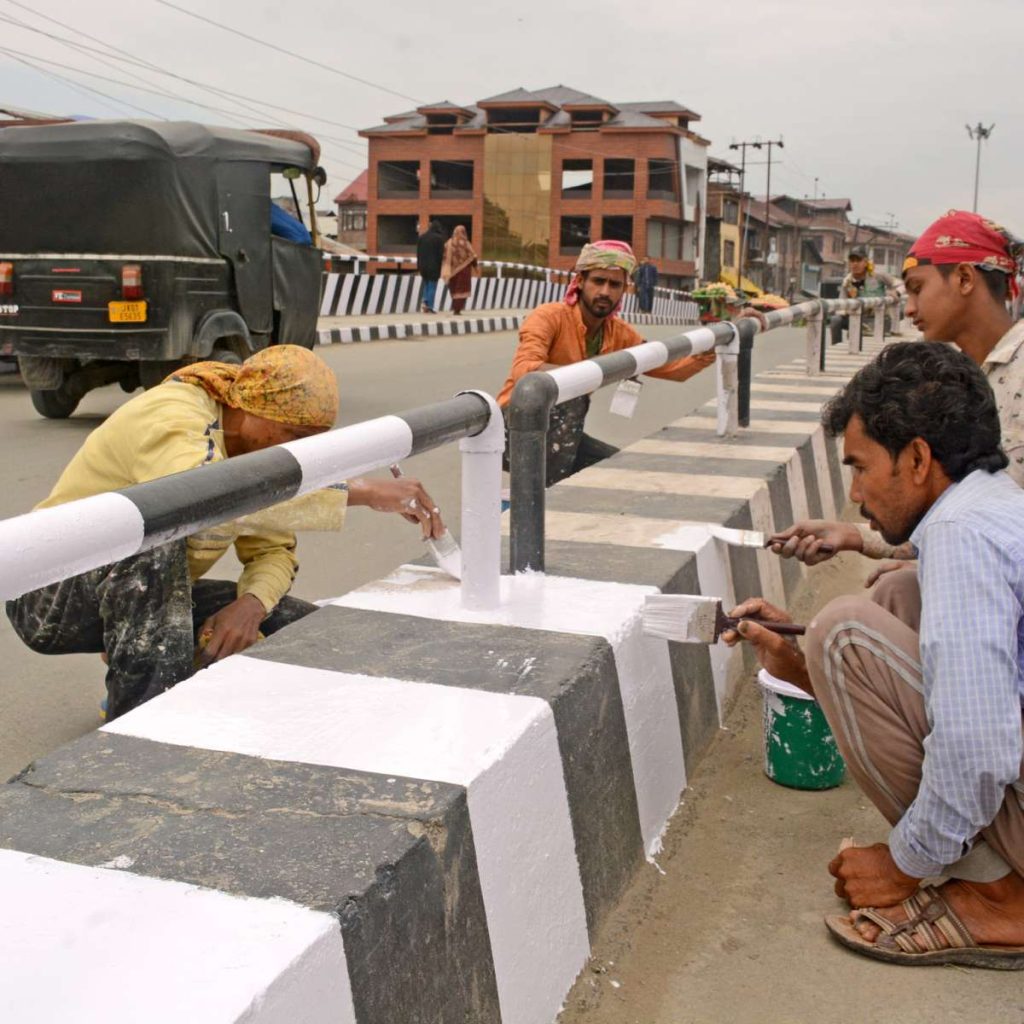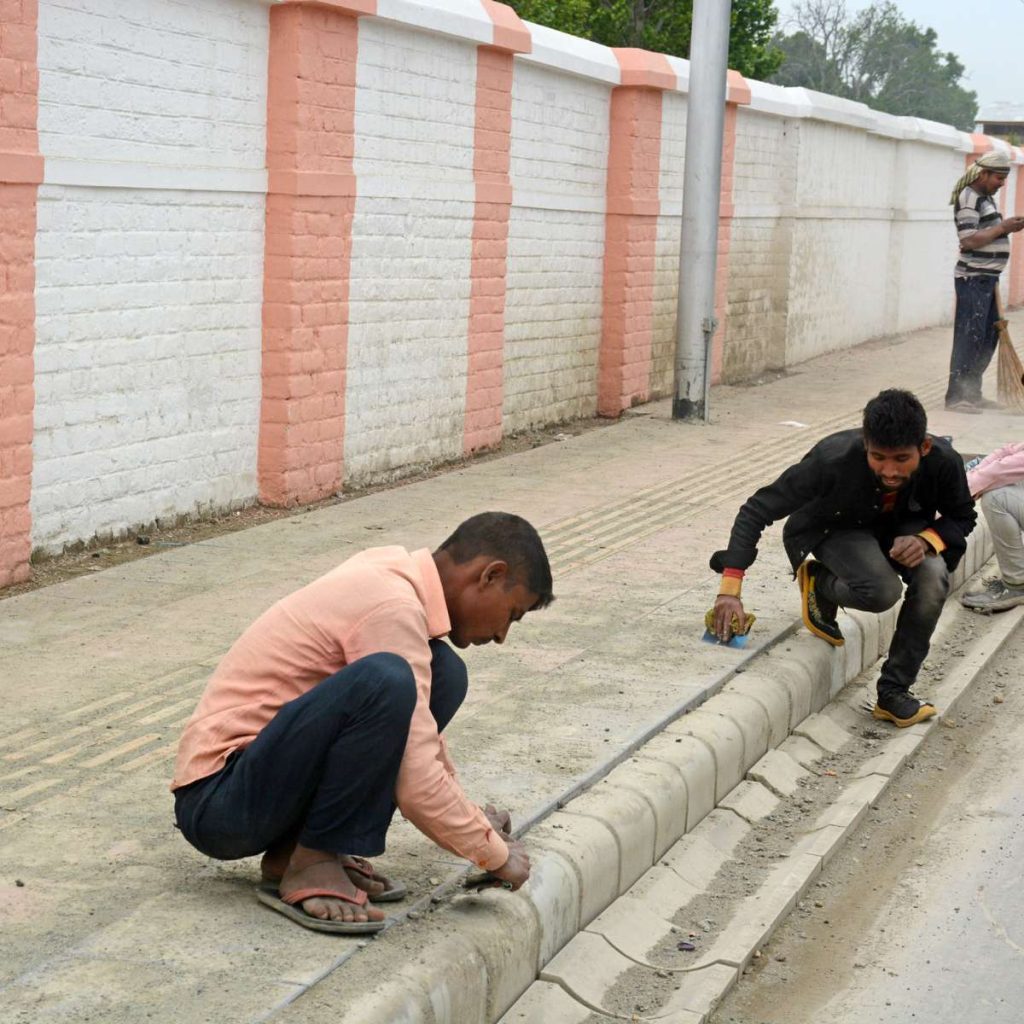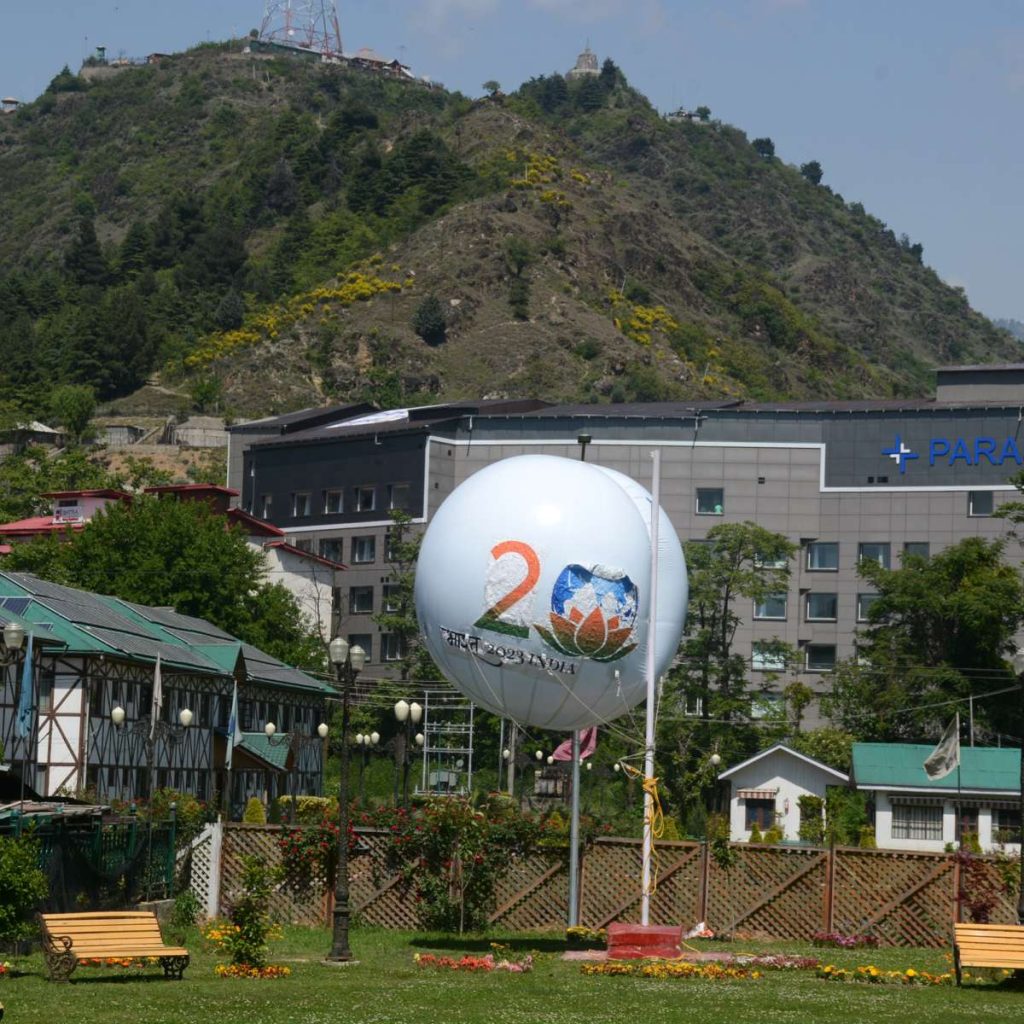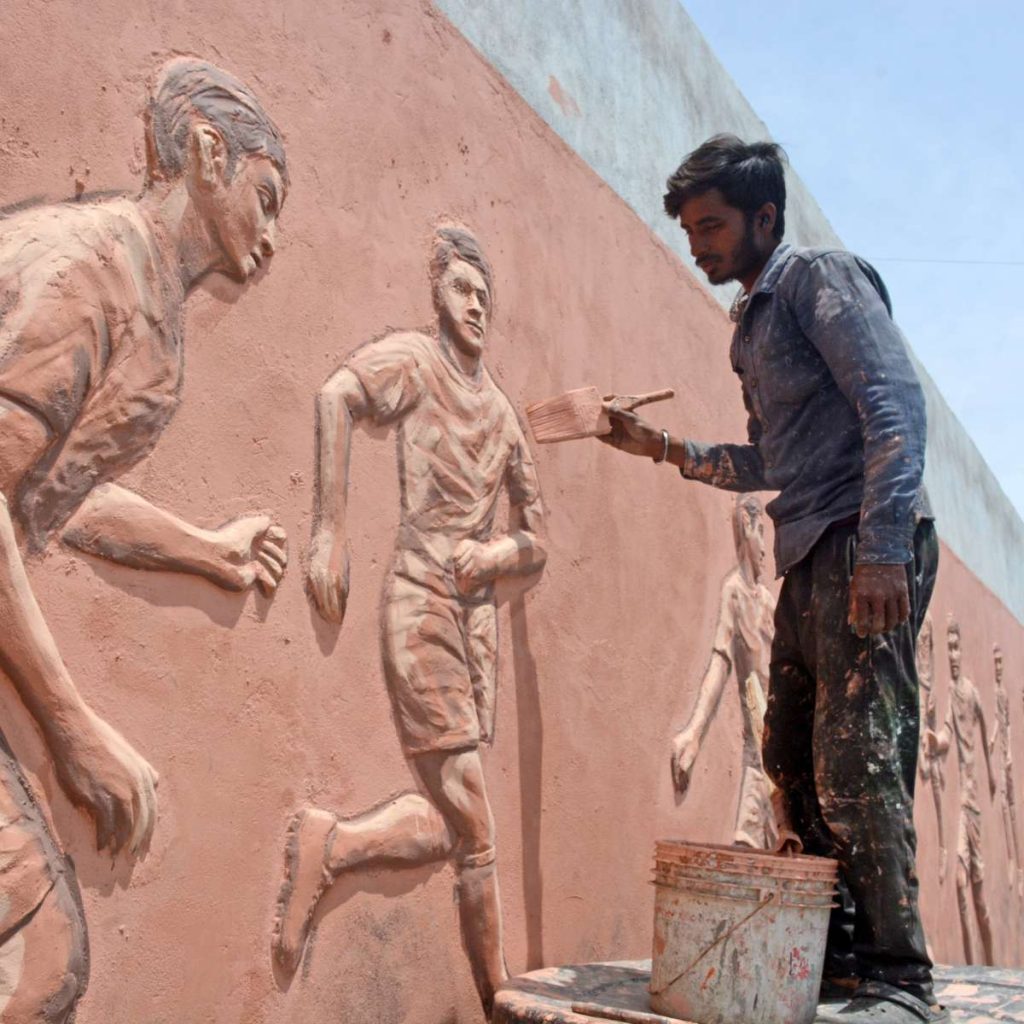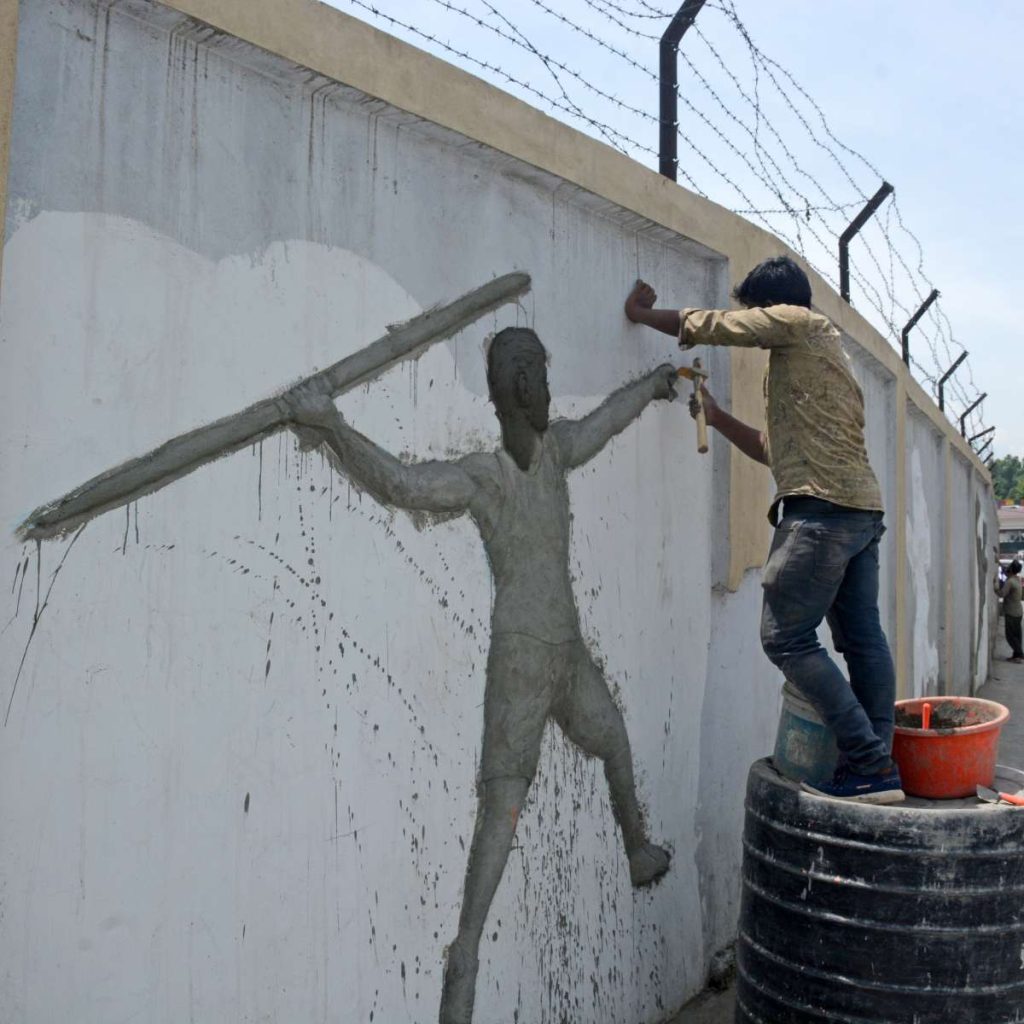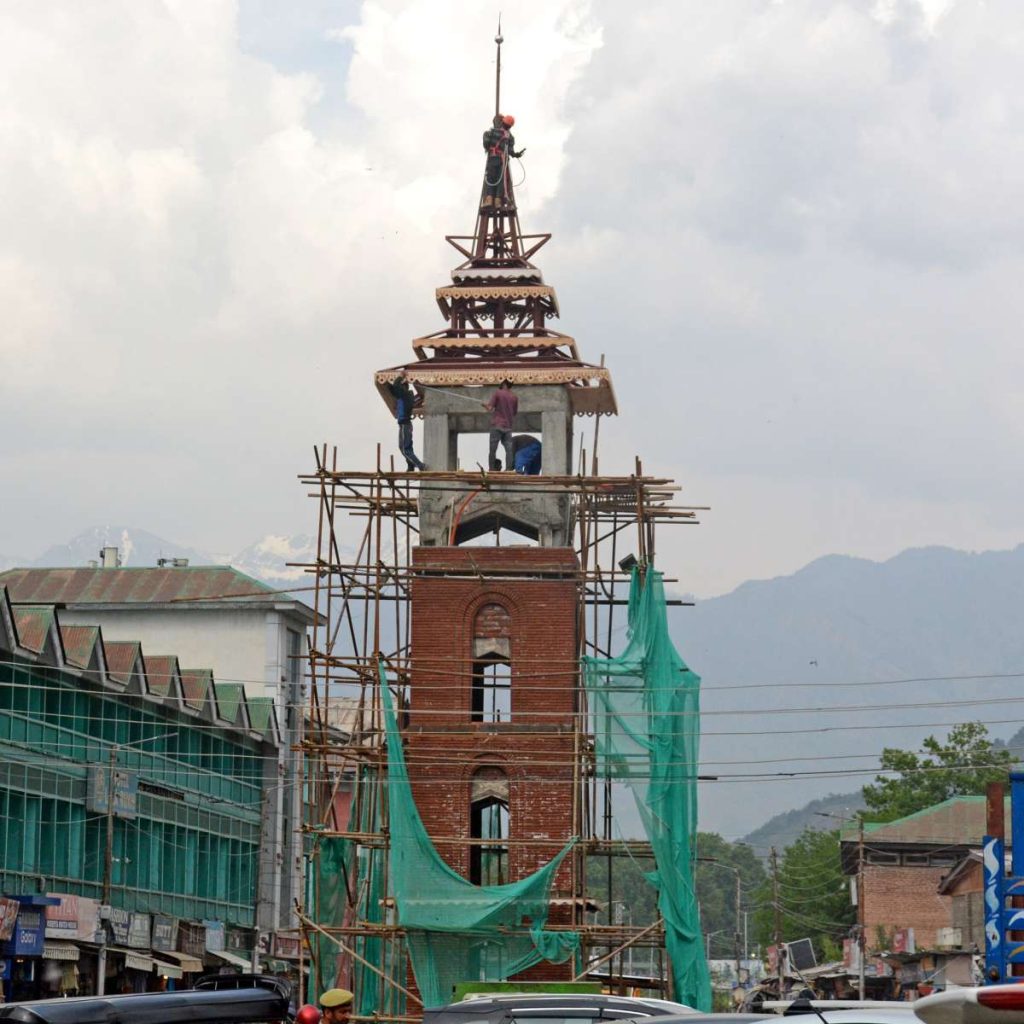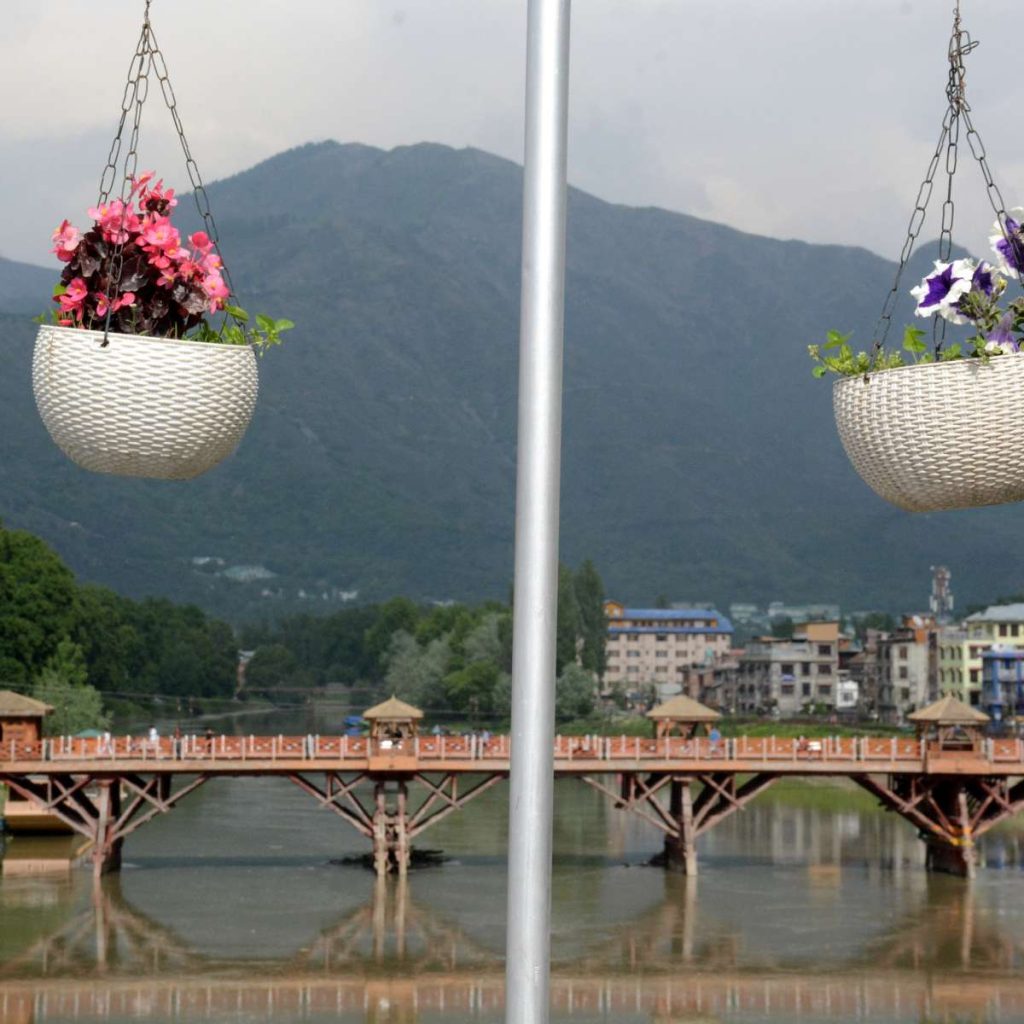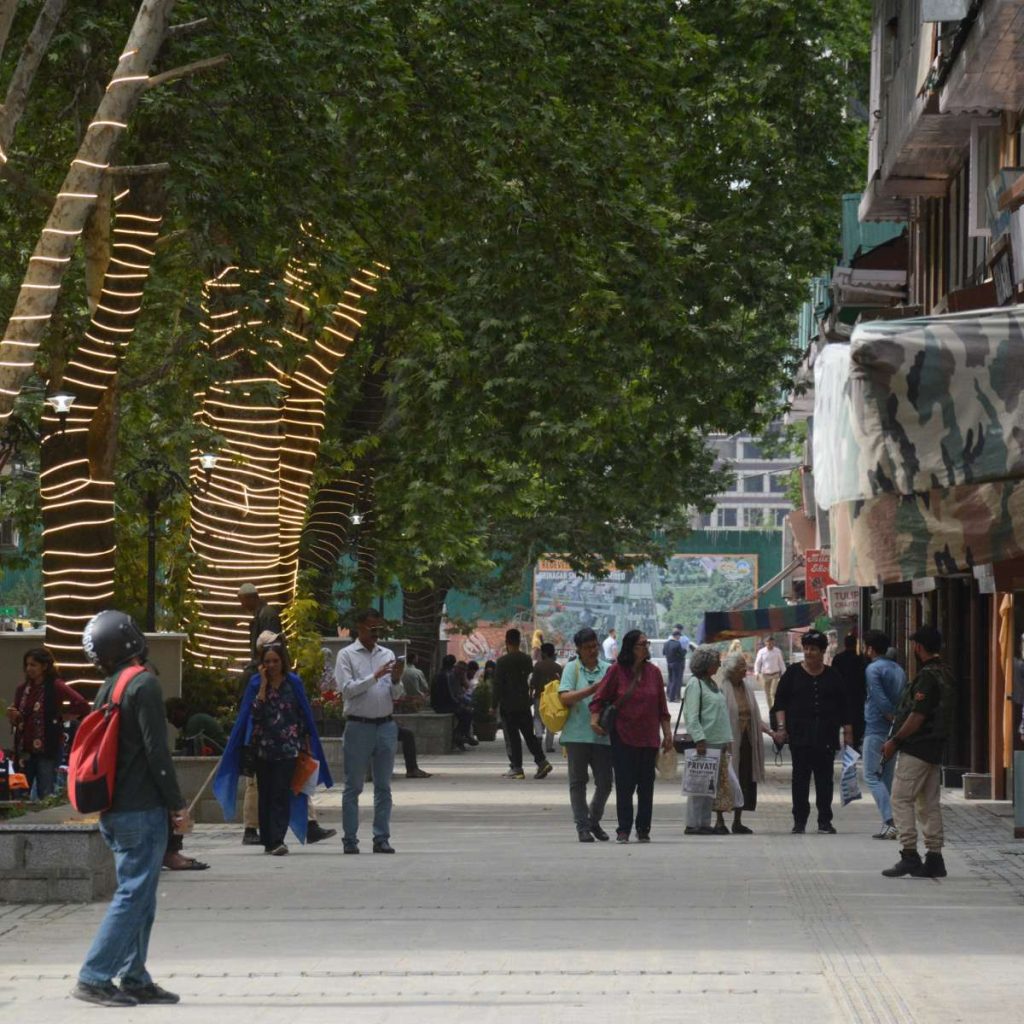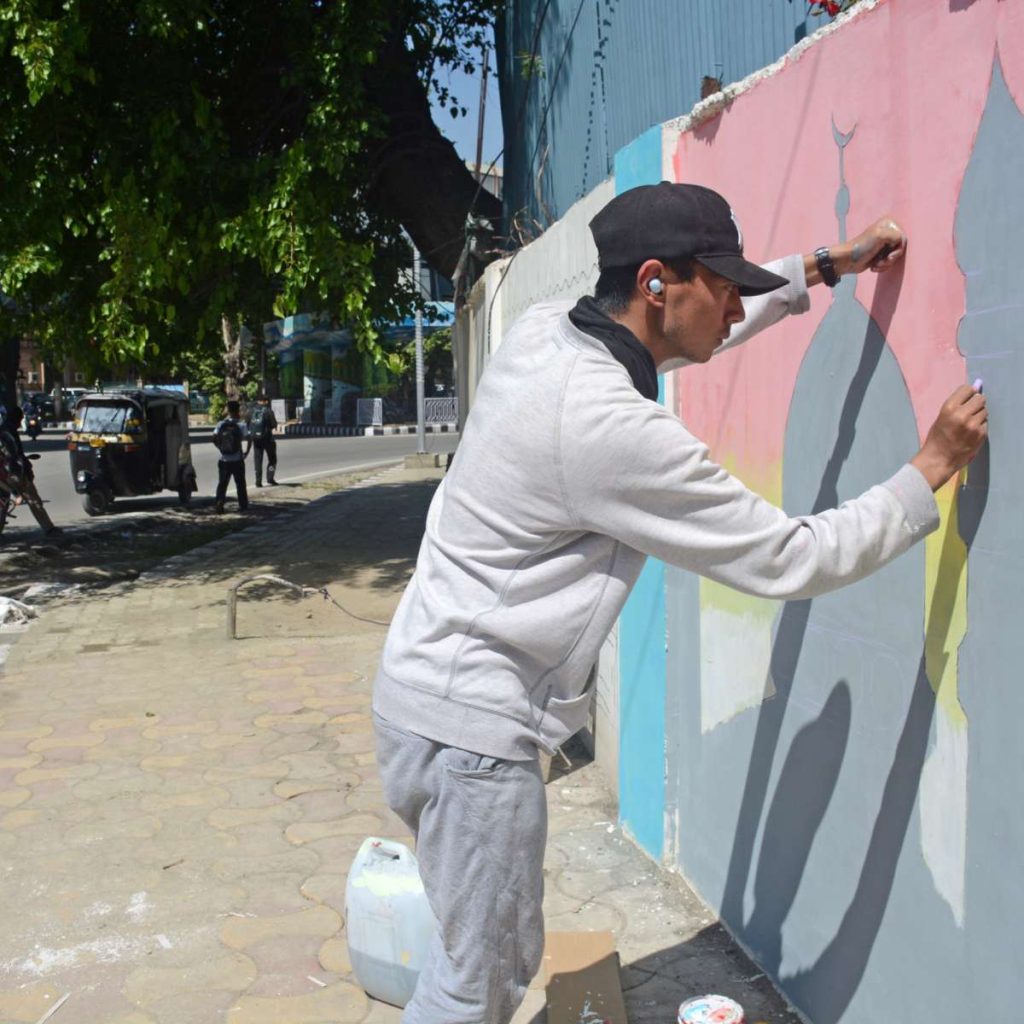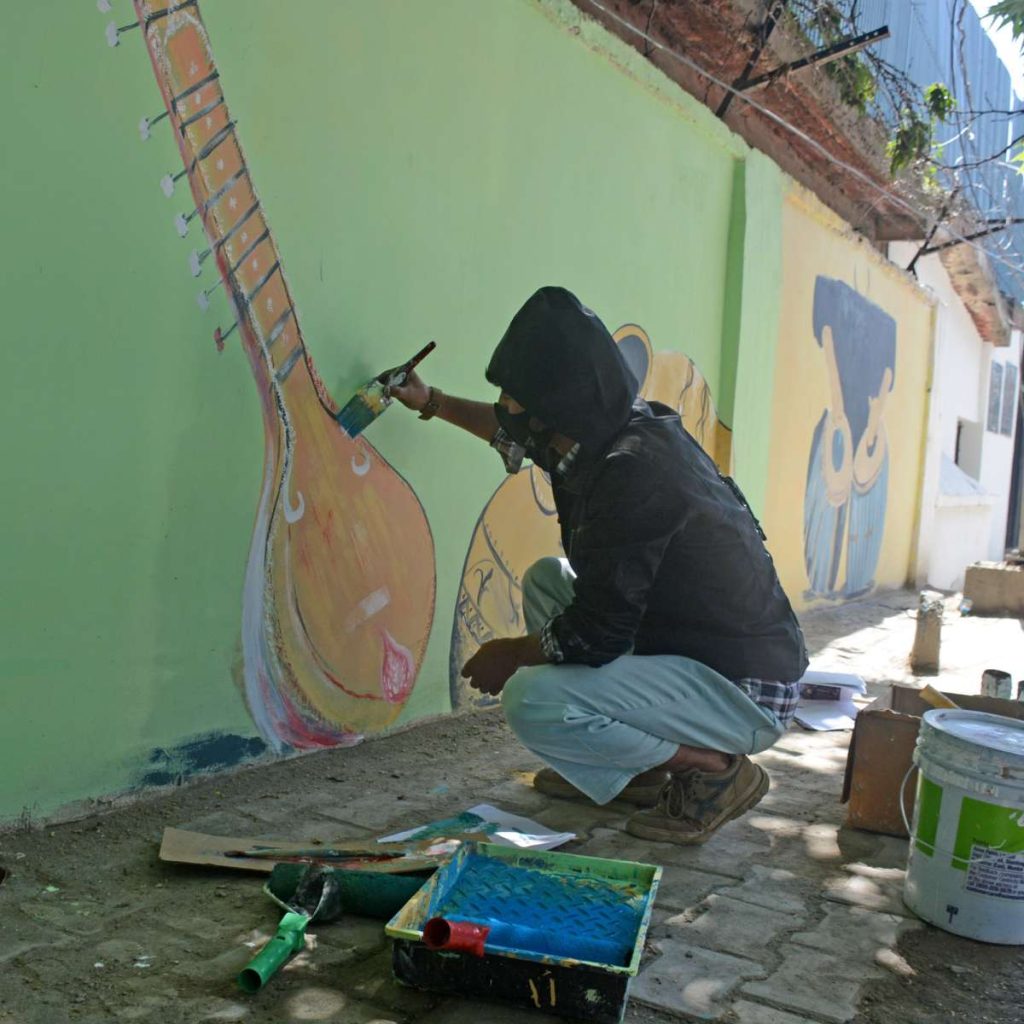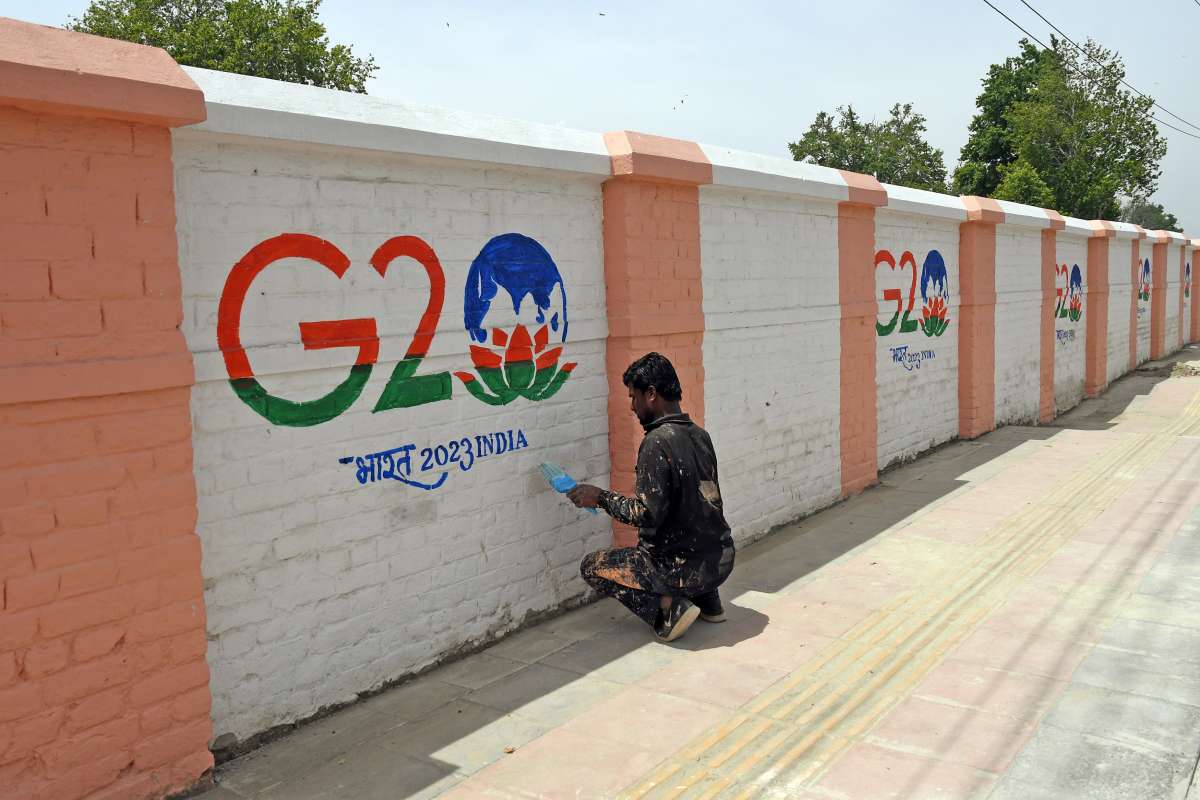The welfare initiatives have not only addressed the immediate needs of the people but have also created a favourable environment for long-term growth and development….reports Asian Lite News
Post abrogation of Article 370, ‘Naya Jammu and Kashmir’ has written a new chapter in its history under the leadership of Prime Minister Narendra Modi.
The Himalayan region has become a part of the PM’s dream which he has envisioned for India in 2047 and it is striving hard to contribute towards India’s endeavour to emerge as the topmost country in the world.
Pertinently, the government after August 5, 2019, when the Centre announced its decision to revoke J&K’s so-called special status and bifurcate it into two Union Territories, has left no stone unturned to implement the people-friendly schemes in the region. The hard work done by the officials is paying dividends. It has led to the improvement in the ground situation in J&K as the region has witnessed holistic development during the past three years.
Implementation of schemes, such as the Pradhan Mantri Awas Yojana (PMAY) and the Swachh Bharat Mission, has brought about positive changes in the ground situation. Additionally, initiatives like the Ayushman Bharat scheme have revolutionised healthcare accessibility.
Other key initiatives like the Pradhan Mantri Gram Sadak Yojana (PMGSY), Amrit Sarovar, SVAMITVA scheme, and Azadi Ka Amrit Mahotsav have helped in improving the infrastructure, enhancing connectivity, promote rural development, empower citizens, and commemorate the country’s rich heritage.
These efforts stand as a testament to the government’s unwavering dedication towards building a ‘Naya Jammu and Kashmir.’ During the past three years helmsmen have focused on putting J&K on the path of peace, prosperity and development.
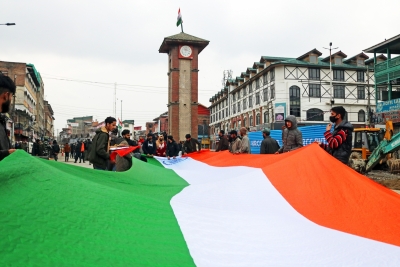
Pradhan Mantri Awas Yojana
The Pradhan Mantri Awas Yojana (PMAY) has played a vital role in providing housing for all in Jammu and Kashmir. The government’s increased funding and strict timelines for completion have resulted in the construction of houses at an unprecedented pace.
Thousands of people have benefitted from this initiative, which has brought them closer to the dream of owning a home.
Advanced technologies, including geo-tagging, have been employed to ensure transparency and accountability in the allocation of houses. This has eliminated corruption and facilitated the smooth transfer of funds through the Direct Benefit Transfer (DBT) mode.
These measures have not only accelerated the construction process but have also instilled trust among the beneficiaries, who now have a sense of security and assurance.
Swachh Bharat Mission
The Swachh Bharat Mission (SBM) has brought remarkable achievements in terms of sanitation and hygiene in Jammu and Kashmir. The campaign gained momentum in the Union Territory after the scrapping of Article 370, a temporary provision in the Constitution.
It led to the construction of a large number of toilets across the region. Access to clean and functional toilets has had a profound impact on the lives of the people, especially in rural areas, by improving sanitation practices and ensuring a healthier environment.
Through the SBM, the government has instilled a sense of cleanliness and hygiene consciousness among the population, leading to a positive change in behavior. The construction of thousands of toilets across J&K has not only contributed to public health but has also had a significant impact on the dignity and well-being of individuals, particularly women and children.
Ayushman Bharat Scheme
The government’s efforts in J&K have also made healthcare accessible through initiatives like the Ayushman Bharat scheme. This ambitious healthcare program has provided financial protection and quality medical services to the people of J&K. It has brought a significant improvement in the healthcare infrastructure and services available in the region.
Under the Ayushman Bharat scheme, numerous hospitals and healthcare centers have been established, ensuring access to affordable and quality healthcare. The provision of health insurance has provided a safety net for families, protecting them from financial burdens during medical emergencies.
The strides made in healthcare accessibility have particularly benefited the economically weaker sections of the society. The scheme has brought about a positive change in people’s lives by empowering them with access to medical services that were previously inaccessible or unaffordable.
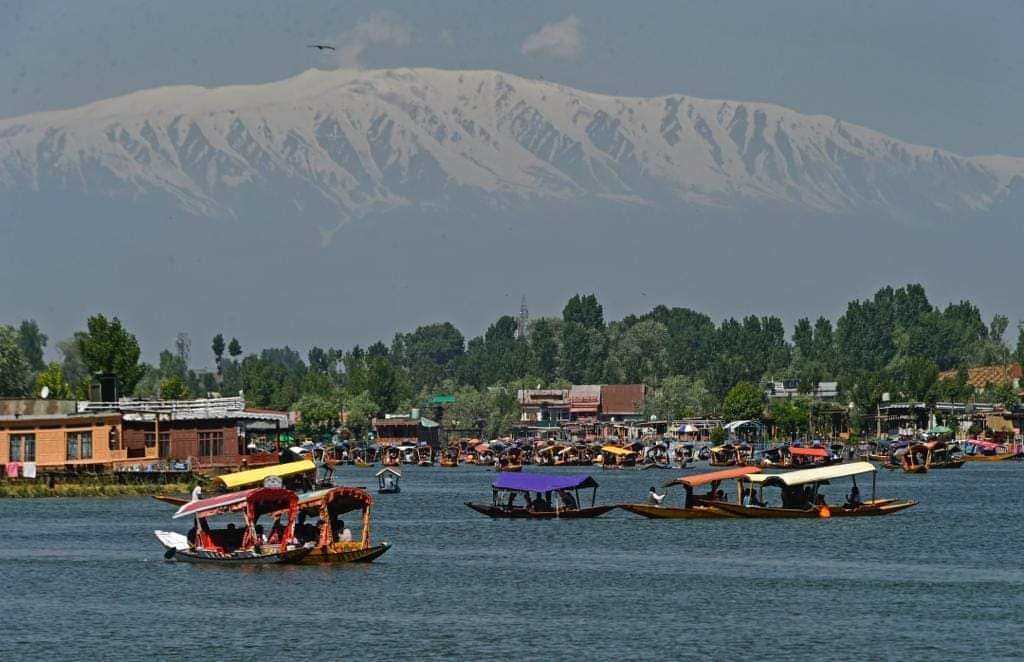
Pradhan Mantri Gram Sadak Yojana
The Pradhan Mantri Gram Sadak Yojana (PMGSY) has been instrumental in transforming the rural road network in Jammu and Kashmir. Under this flagship scheme, the Central government has invested substantial funds to connect remote villages with all-weather roads, ensuring improved accessibility and connectivity. The PMGSY has played a crucial role in enhancing economic activities, healthcare access, and educational opportunities for the rural population in the region.
Amrit Sarovar
Amrit Sarovar, an ambitious project focused on the development of infrastructure and tourism in Jammu and Kashmir has revitalized and transformed the region’s water bodies, including lakes, rivers, and ponds.
It has led to cleaning and preservation of the water bodies, development of waterfronts, promotion of eco-tourism, and providing recreational facilities. By preserving and enhancing these natural resources, Amrit Sarovar has not only given a boost to tourism but has also promoted sustainable development and preserved the ecological balance of the region.
SVAMITVA Scheme
The SVAMITVA (Survey of Villages and Mapping with Improvised Technology in Village Areas) scheme has proven to be a groundbreaking initiative. It has empowered rural citizens by providing them with property rights and ownership records. Under this scheme, comprehensive property surveys have been conducted using drone-based technology, and property cards have been distributed among the residents.
This has brought about a paradigm shift in land governance, enabling villagers to access credit, make informed decisions, and unleash the true potential of their properties.
Azadi Ka Amrit Mahotsav
Azadi Ka Amrit Mahotsav, a year-long celebration that marked the 75th anniversary of India’s independence, also left its mark in Jammu and Kashmir.
The region actively participated in this celebration, showcasing its rich cultural heritage, historical significance, and contributions to the freedom struggle. The festivities included exhibitions, cultural programs, art displays, and various events to educate and inspire citizens, particularly the younger generation, about the nation’s glorious past and the importance of patriotism.
Positive transformation
Steps taken by the government in J&K have had a profound impact on the ground situation, leading to positive transformations in people’s lives. The comprehensive welfare measures undertaken have brought about significant improvements in various sectors, ranging from education and infrastructure to employment and governance.
The implementation of the centrally sponsored schemes has brought significant positive changes to the region.
These initiatives have strengthened infrastructure, improved connectivity, empowered rural citizens, preserved natural resources, and commemorated India’s independence. These initiatives have played a pivotal role in creating a prosperous and inclusive future for its people.
The J&K people have experienced a newfound understanding of democracy, freedom, and good governance. The past three years have provided them with tangible examples of the benefits of a well-functioning democratic system. As a result, discussions about concepts like ‘azadi’, autonomy, or self-rule have faded away, giving way to conversations about progress, development, and opportunities.
The welfare initiatives have not only addressed the immediate needs of the people but have also created a favourable environment for long-term growth and development.
The government’s focus on inclusive growth has ensured that the benefits of development reach every section of society, including marginalised communities and remote areas.
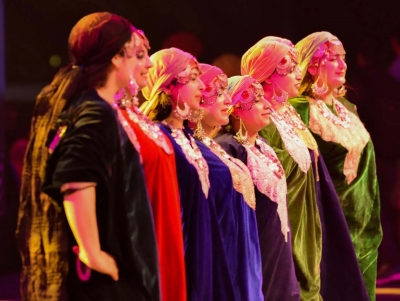
Tricolour flies high
After August 5, 2019, the administration has worked towards full integration of J&K with the country’ and ensuring peace, prosperity and development of the region.
The change in the ground situation in J&K is not only visible, but the people are also feeling it and the Tricolour is flying high in every nook and corner of the Union Territory.
Not long ago, J&K, especially Kashmir, was infamous for terror attacks, stone-pelting and shutdowns. Terrorists and separatists sponsored by Pakistan ran a parallel system in the erstwhile princely state.
They imposed shutdowns and orchestrated street protests to ensure that the fear prevailed. As of date there are no separatist-sponsored strikes, cinema halls have reopened, J&K Road Transport Corporation is running night bus service and people can be seen enjoying Shikara ride in Dal Lake at late night hours as well.
Denizens of J&K are also dreaming like the citizens in the rest of the country. The youth are moving with new ambitions.
Bold and brave decision taken by the PM Modi led regime to merge J&K completely with the Union of India brought J&K at par with the other regions in the country.

